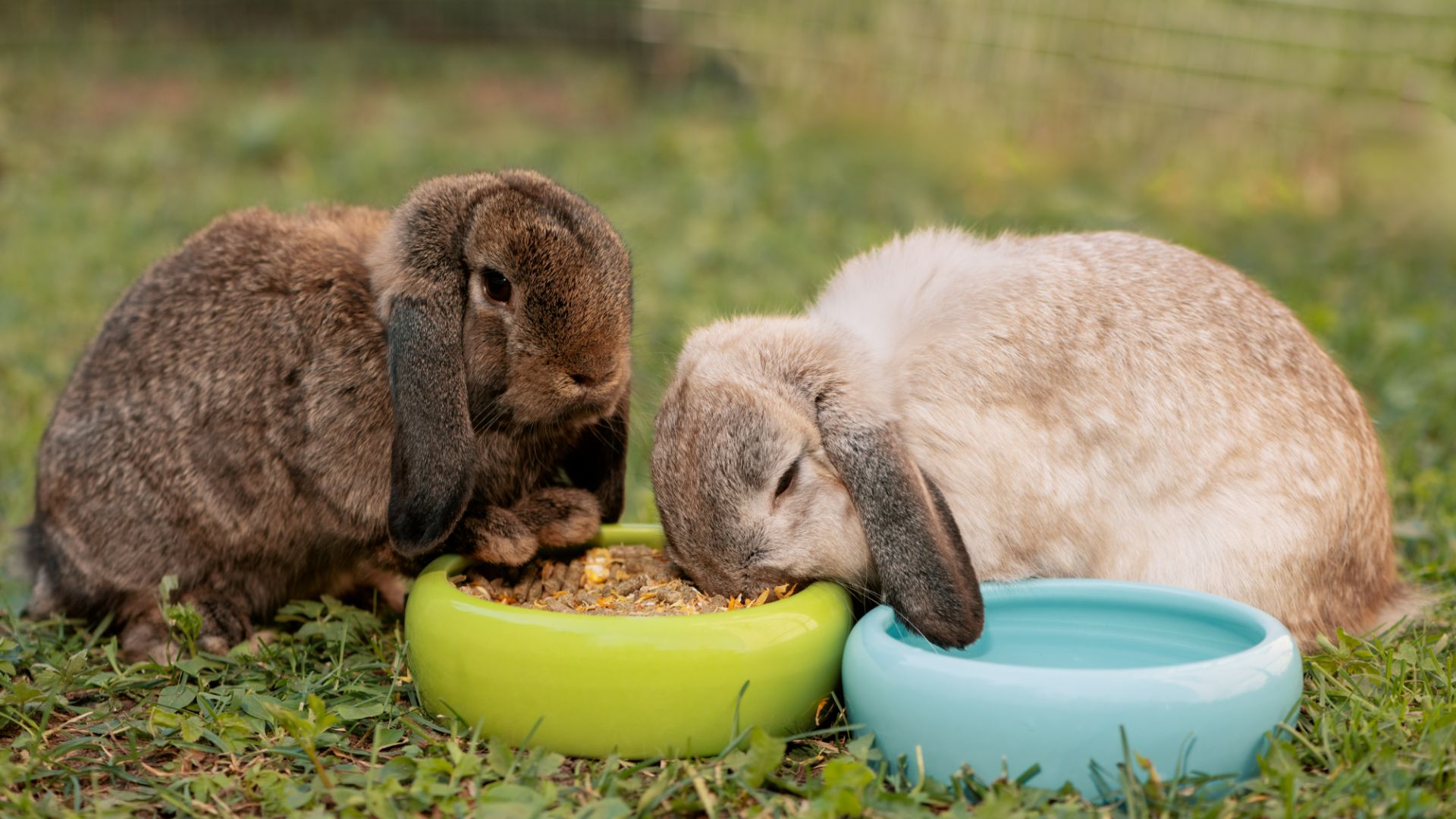
Treats and tidbits are a big part of owning a pet, whether it’s to train, reward, encourage, or even just indulge and boost your bond. While you might associate treating with dog moms and cat dads, bunny parents have just as much cause to teach their rabbits new skills and tricks. For example, treats form a big part of how to house train a rabbit, or could be something you scatter through some hay for rabbits to help enrich your bunny’s day-to-day.
Before you prepare a tasty snack for your rabbit, it’s important to be aware of some of the hazards that everyday foods could pose to their sensitive digestive system. A rabbit’s diet should consist mostly of fiber, and while they do require certain levels of nutrients like calcium and carbohydrates, too many of these can contribute to health issues. Rabbits have a sweet tooth and will find it hard to resist some forbidden foods if they accidentally happen upon them, so it’s very important to bunny proof the rooms in your home that your furry can access.
What’s more, certain foods – even ones that seem harmless – contain compounds that are toxic to rabbits and can cause illness, or even death, when eaten in large quantities.
It’s important to know the dos and don’ts of feeding rabbits correctly. We’re focusing on the don’ts here, so read on and you’ll be halfway there!
32 things rabbits can't eat
1. Apple pips
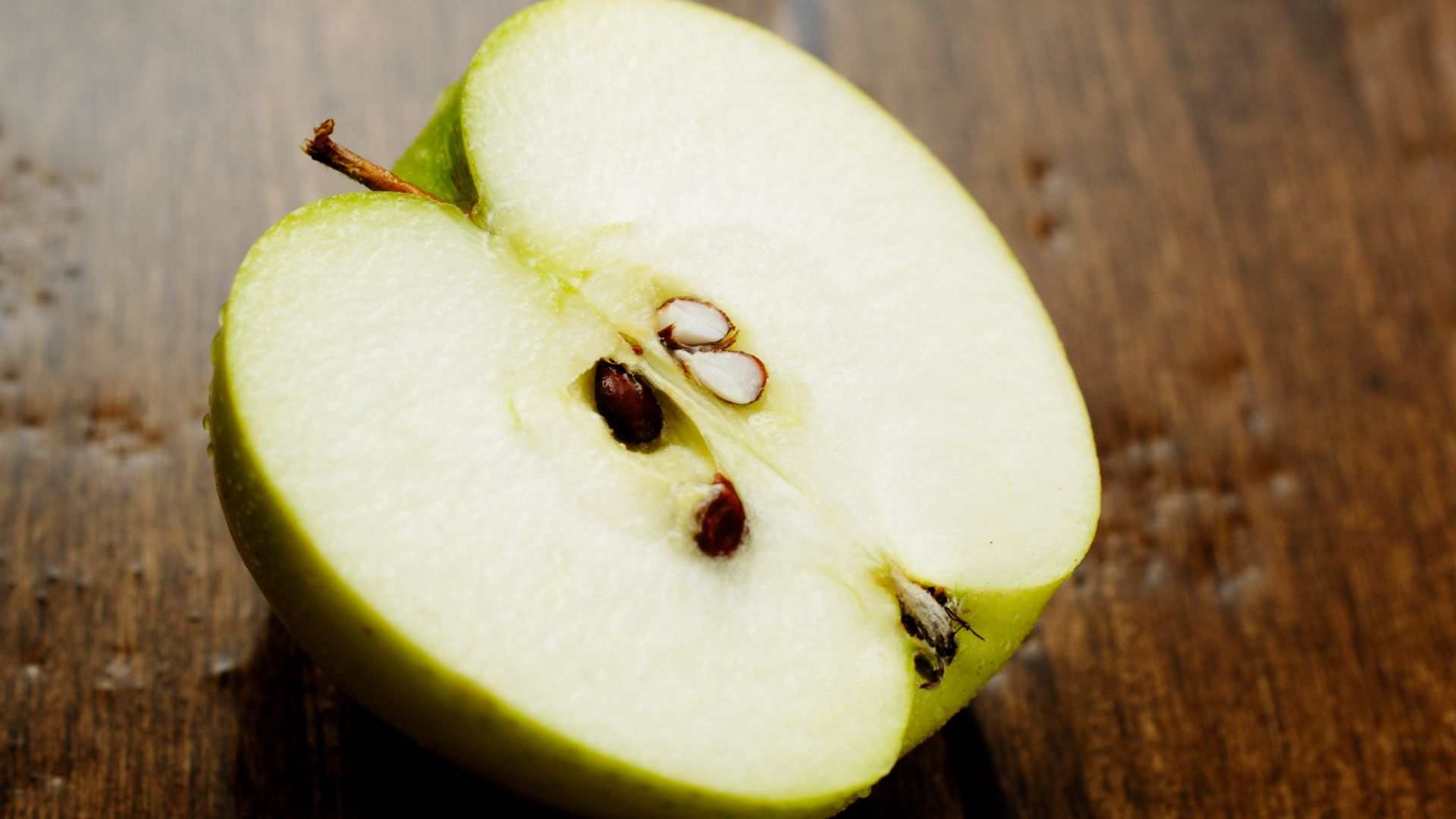
While your bunny can happily munch on apple skin or flesh as an occasional treat, the pips should always be removed. Though small and harmless-looking they contain harmful toxins such as a tiny amount of cyanide. While humans would have to eat close to 100 apple pips before doing themself any damage (and I’m sure no one plans to do that any time soon), rabbits are much smaller so it’s not worth the risk even with one!
2. Lettuce
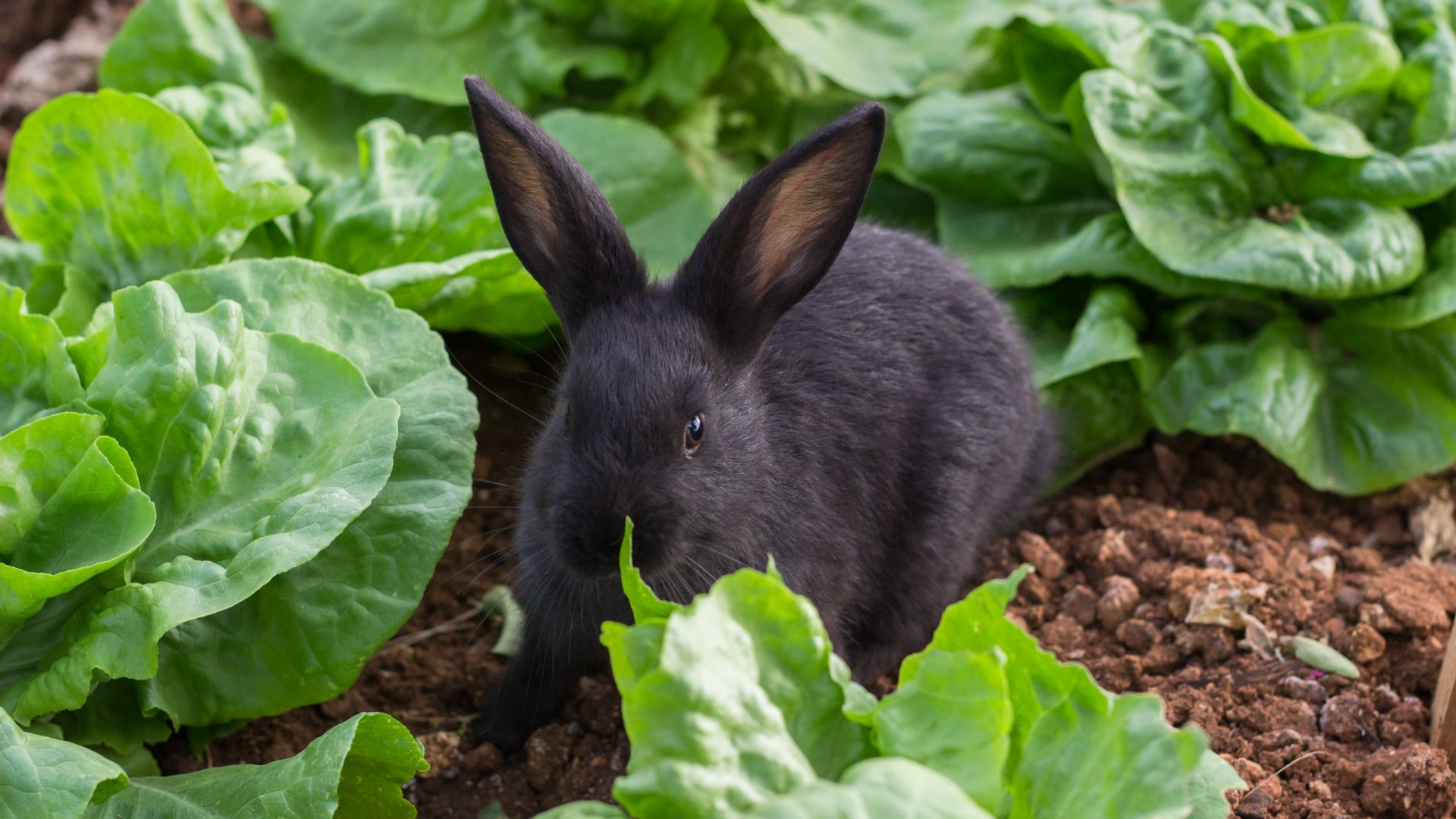
Some lettuces, such as icebergs, should be off-limits to your bunny as they contain and secrete lactucarium, a milk-like fluid. Lactucarium can have a sedative and potentially harmful effect on rabbits when ingested. Romaine lettuce is a good substitute.
3. Carrots
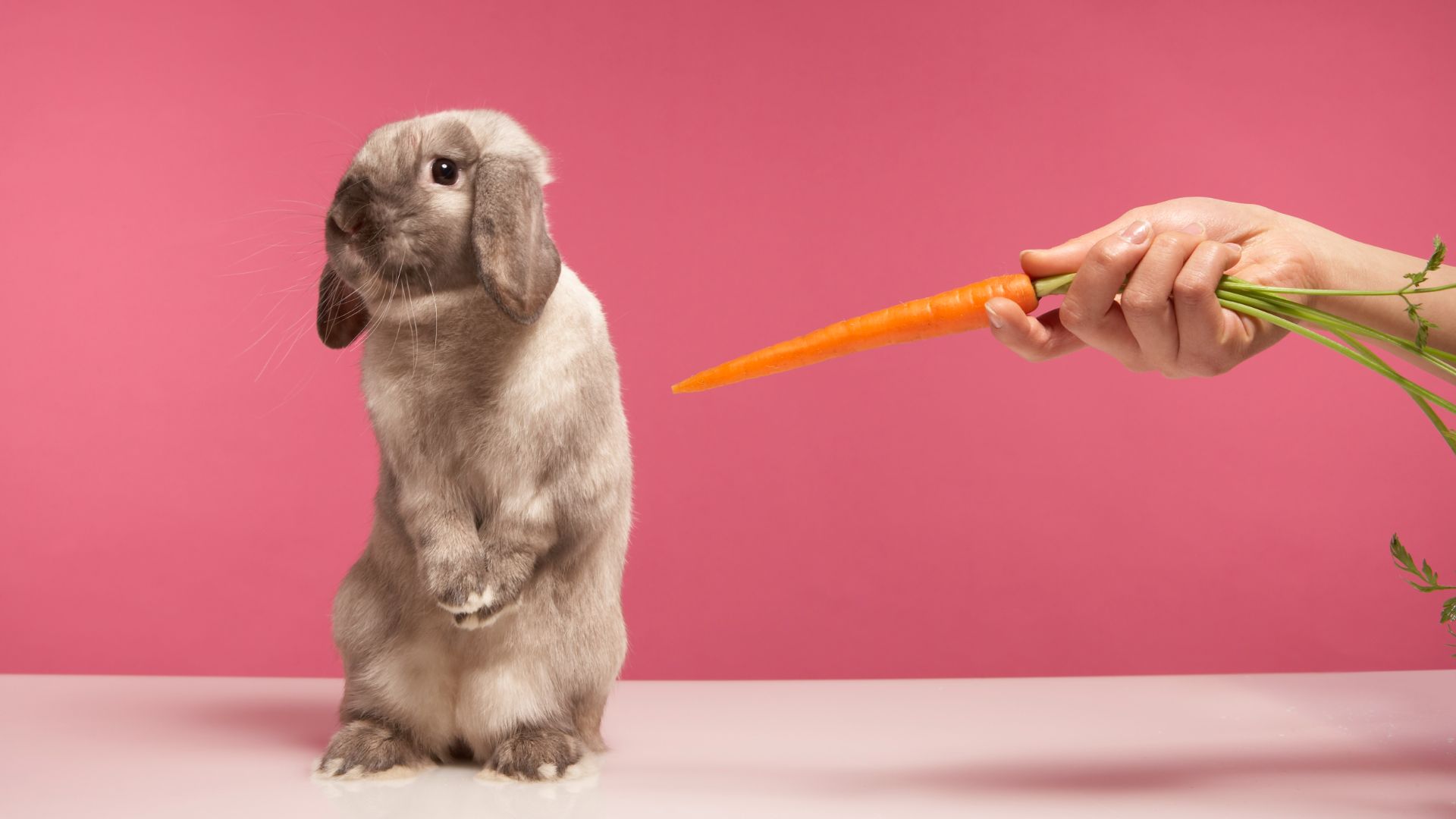
It’s not strictly true that carrots are totally off-limits to rabbits, but they should not be fed liberally – only in small amounts. Carrots are very high in carbohydrates, which can disturb your rabbit’s sensitive gut and cause a stomach upset. Don’t despair though – leafy green carrot tops are fine to feed to your bunny.
4. Potatoes
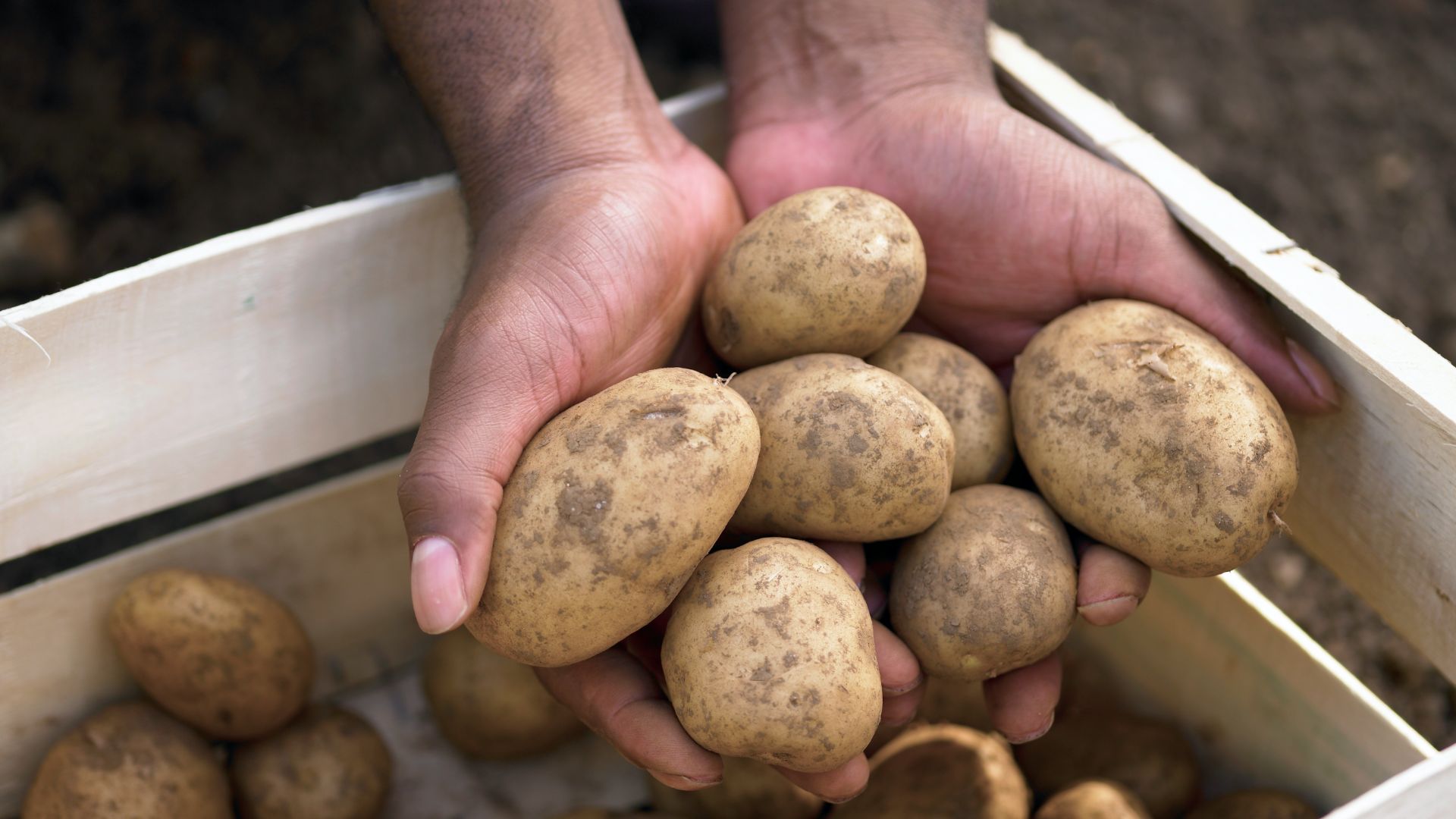
Starchy foods like potatoes, shouldn’t be fed to rabbits as their sensitive, fiber-loving guts do poorly with too much starch. Feeding potatoes could cause soft stools that stick to your bunny’s fur and have you reaching for one of the best rabbit brushes.
Potatoes also contain a toxic naturally occurring substance called solanine. Ingestion of solanine can lead to decreased appetite, lethargy, and abdominal discomfort in bunnies.
5. Potato chips
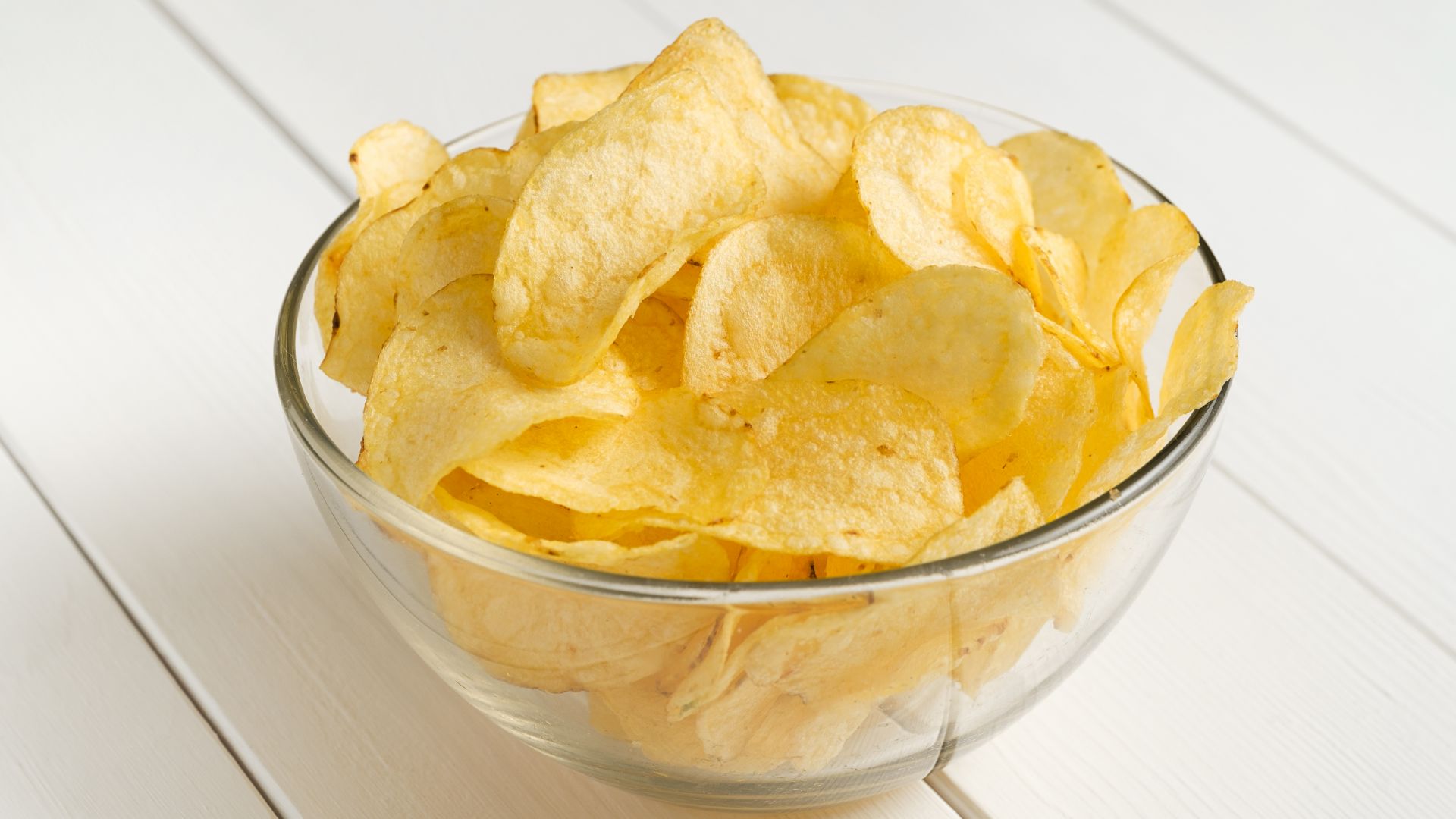
Few among us can resist a chip, and your bunny would probably nibble on one if you offered it. However, processed foods are extremely high in carbohydrates and sugar, which are particularly harsh on your bunny’s digestive system and increase the risk of obesity.
6. Chives
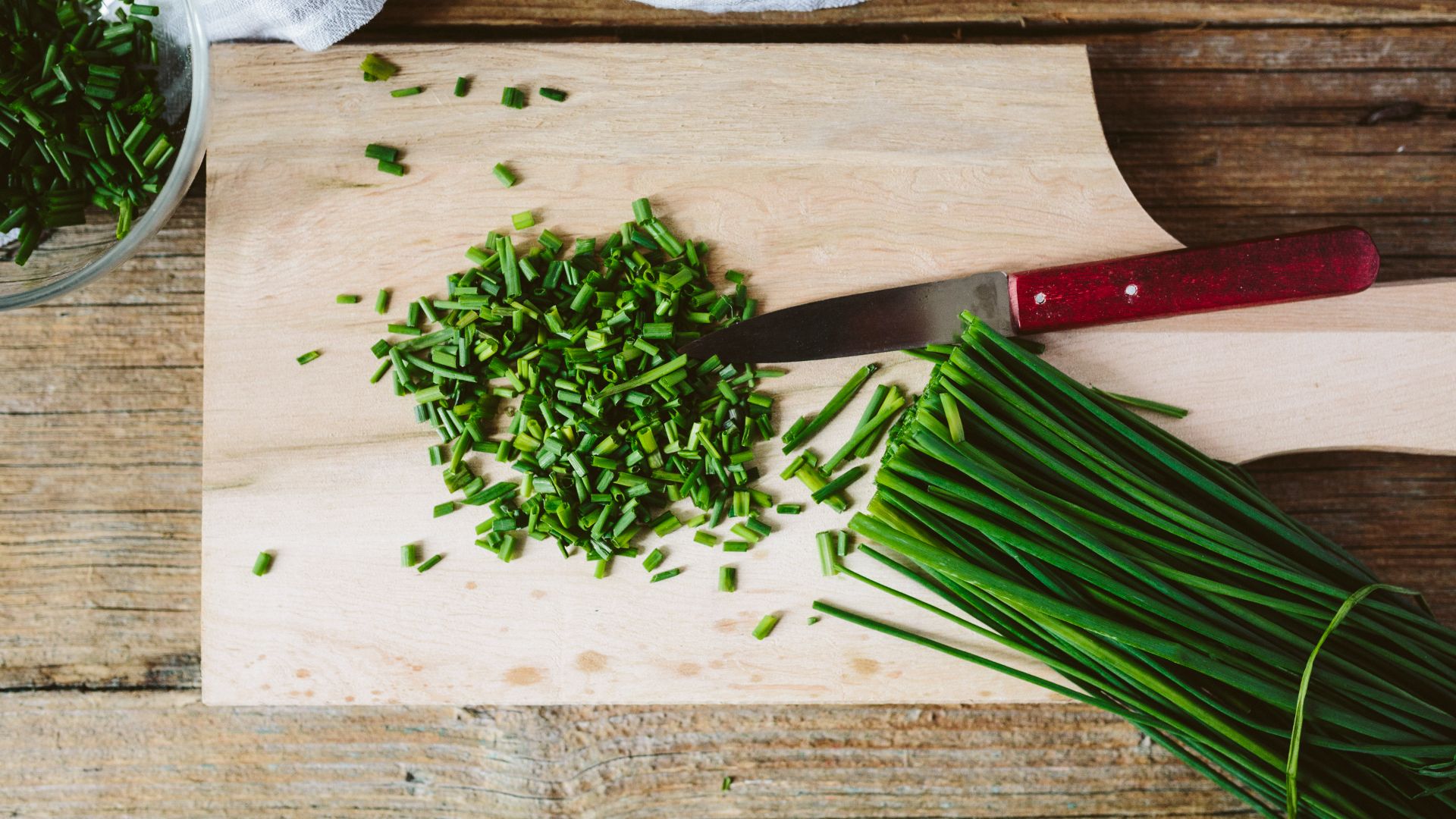
Rabbits can eat fresh herbs like parsley, cilantro, and dill, but chives should be avoided entirely. Chives are part of the allium family, which contain substances such as the oxidant n-propyl disulfide that are toxic to rabbits. Consumption of chives can lead to a serious condition called hemolytic anemia, which causes the red blood cells to rupture and can lead to death.
7. Tomato leaves
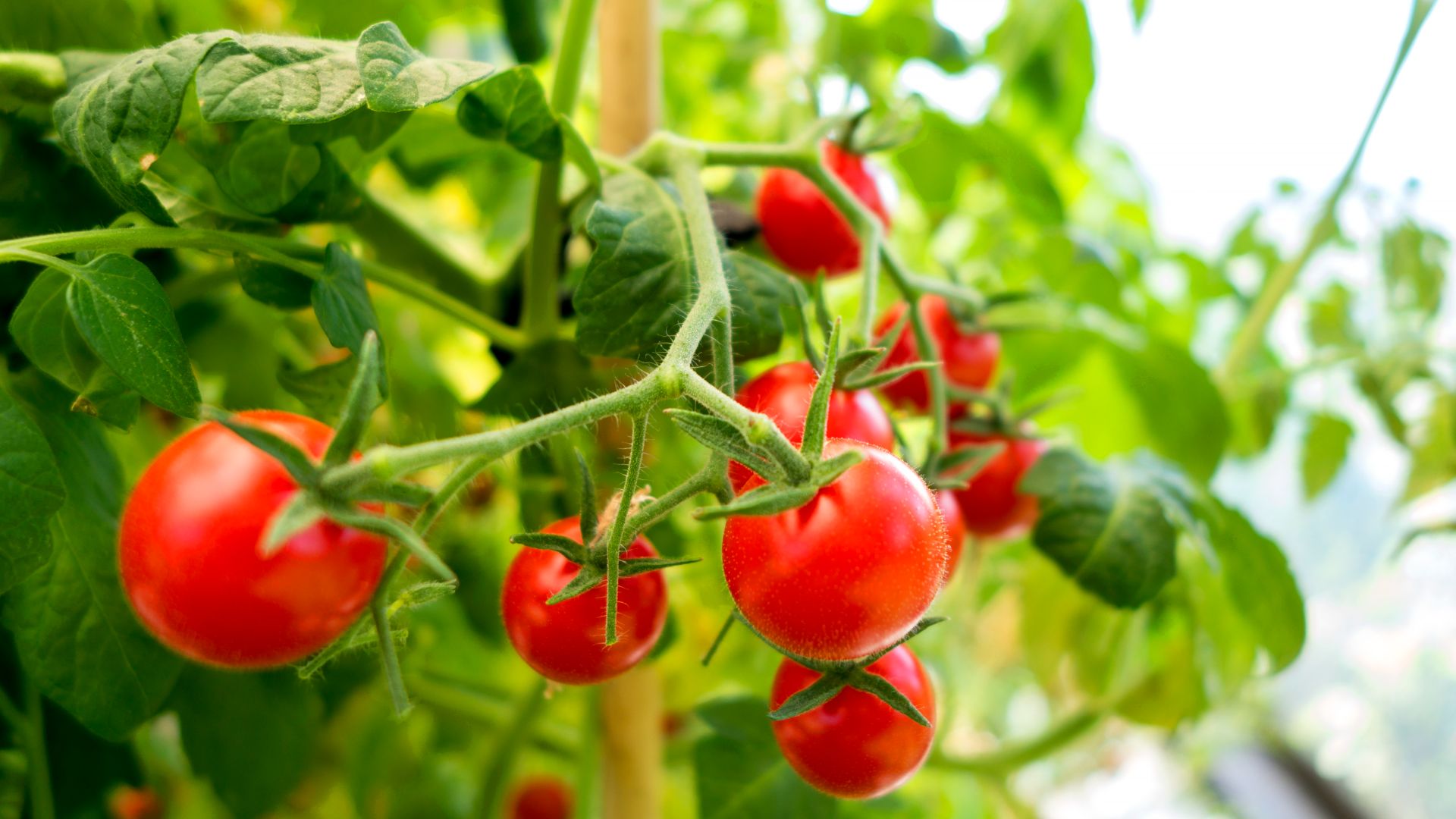
Rabbits can eat the flesh of a tomato as a special treat, but be sure to keep your fluffy bun away from the rest of the tomato plant.
The seeds, stalks, and leaves of a tomato plant can be bad for rabbits when eaten in large quantities. This is because tomatine and solanine are present, which are poisonous to rabbits and can make them unwell.
8. Pits from stone fruit
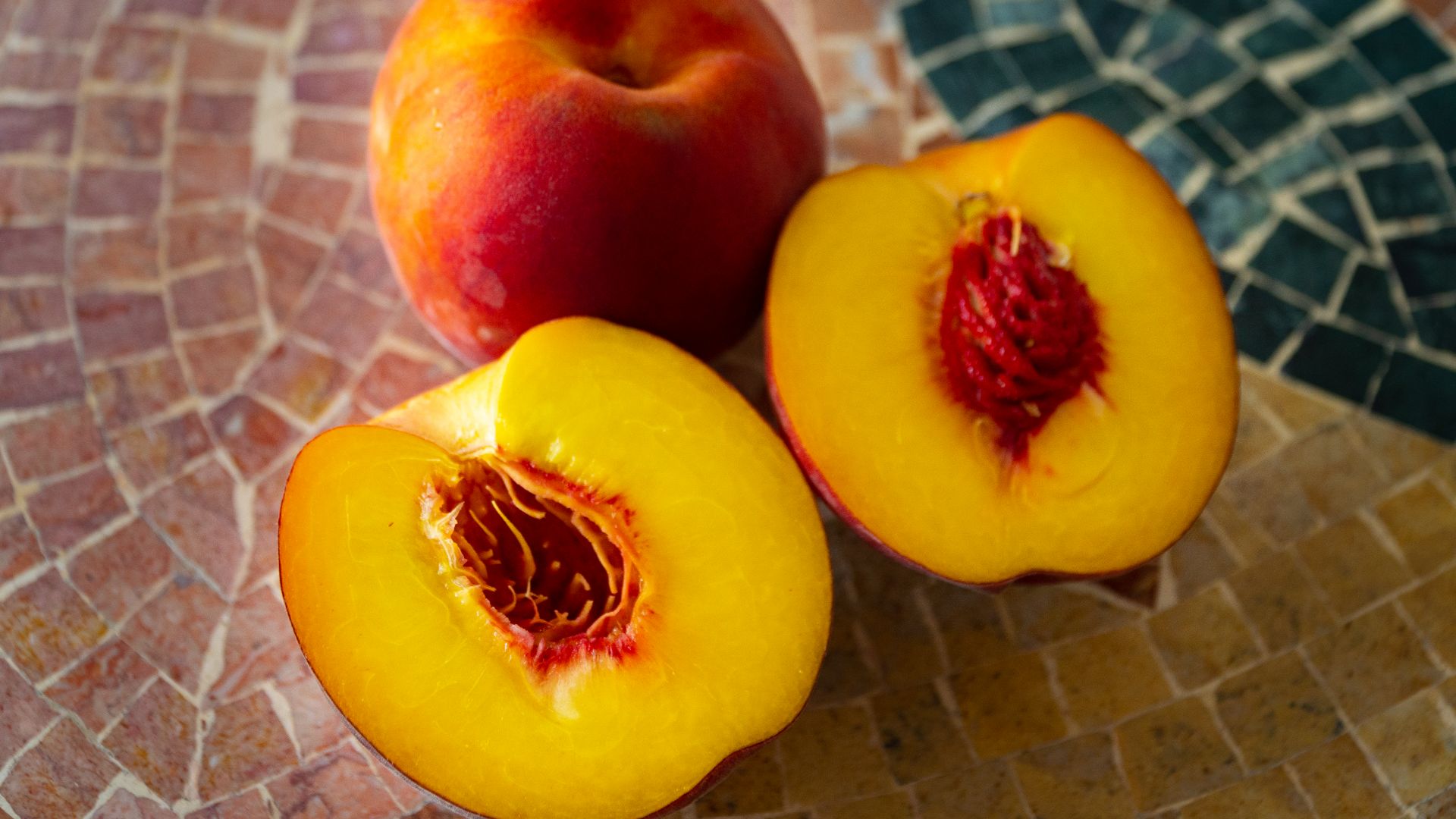
Fruit stones are very hard, so might damage your bunny’s teeth, but there’s a much more pressing reason why rabbits shouldn’t eat them. Similar to apple pips, the stones from peaches, plums, and other such fruits contain cyanide and should never be given to rabbits.
9. Onions
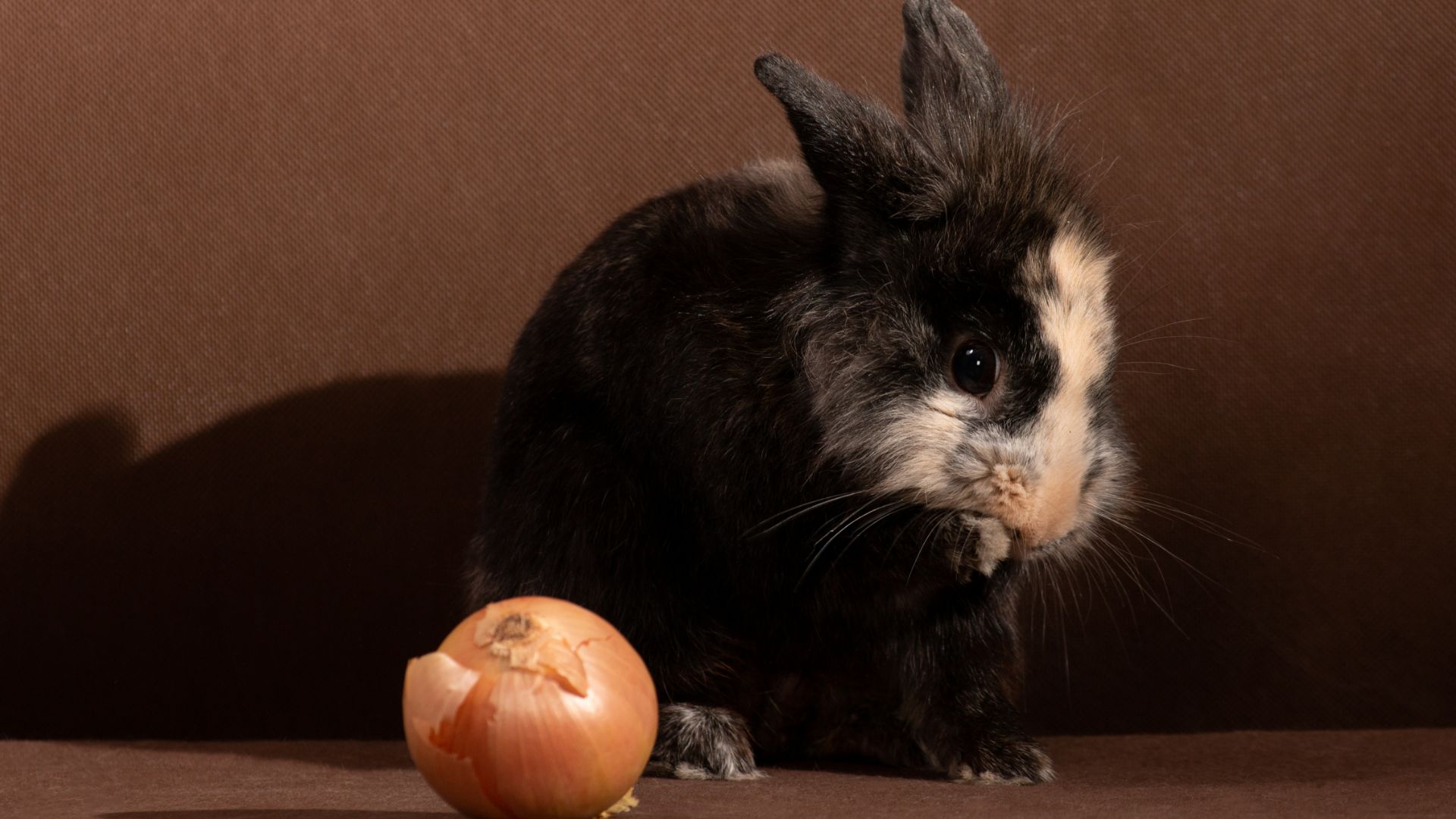
Onions, like chives, are another member of the allium family and contain organosulfur and thiosulphate. Both these compounds are toxic to rabbits and can cause them to become very ill, so should be avoided.
10. Aloe vera
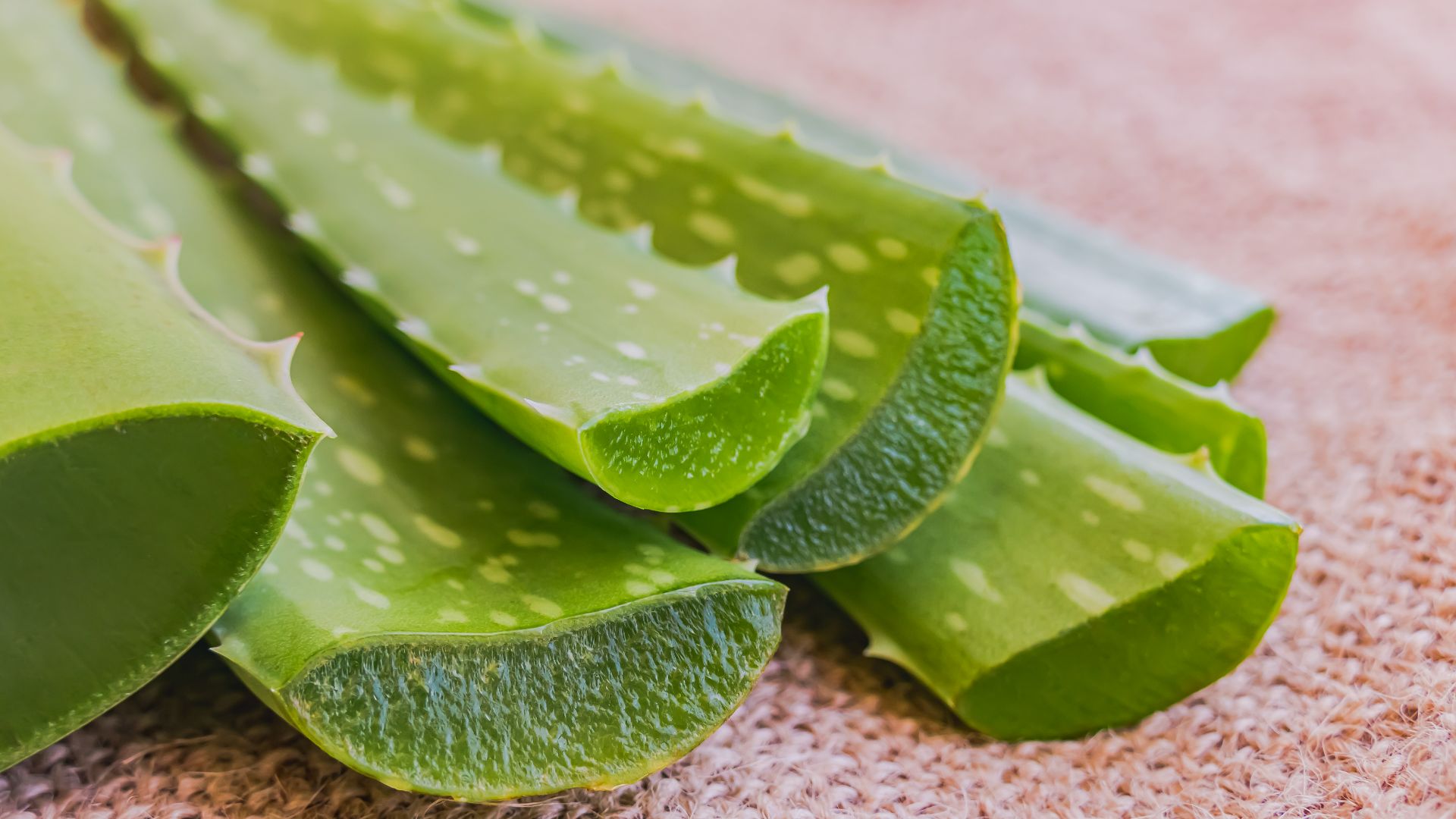
While it can offer many benefits to humans, aloe should not be fed to rabbits. The plant contains compounds such as aloin, which can prove toxic to rabbits. Ingestion of aloe vera can also cause digestive discomfort and diarrhea.
11. Cheese
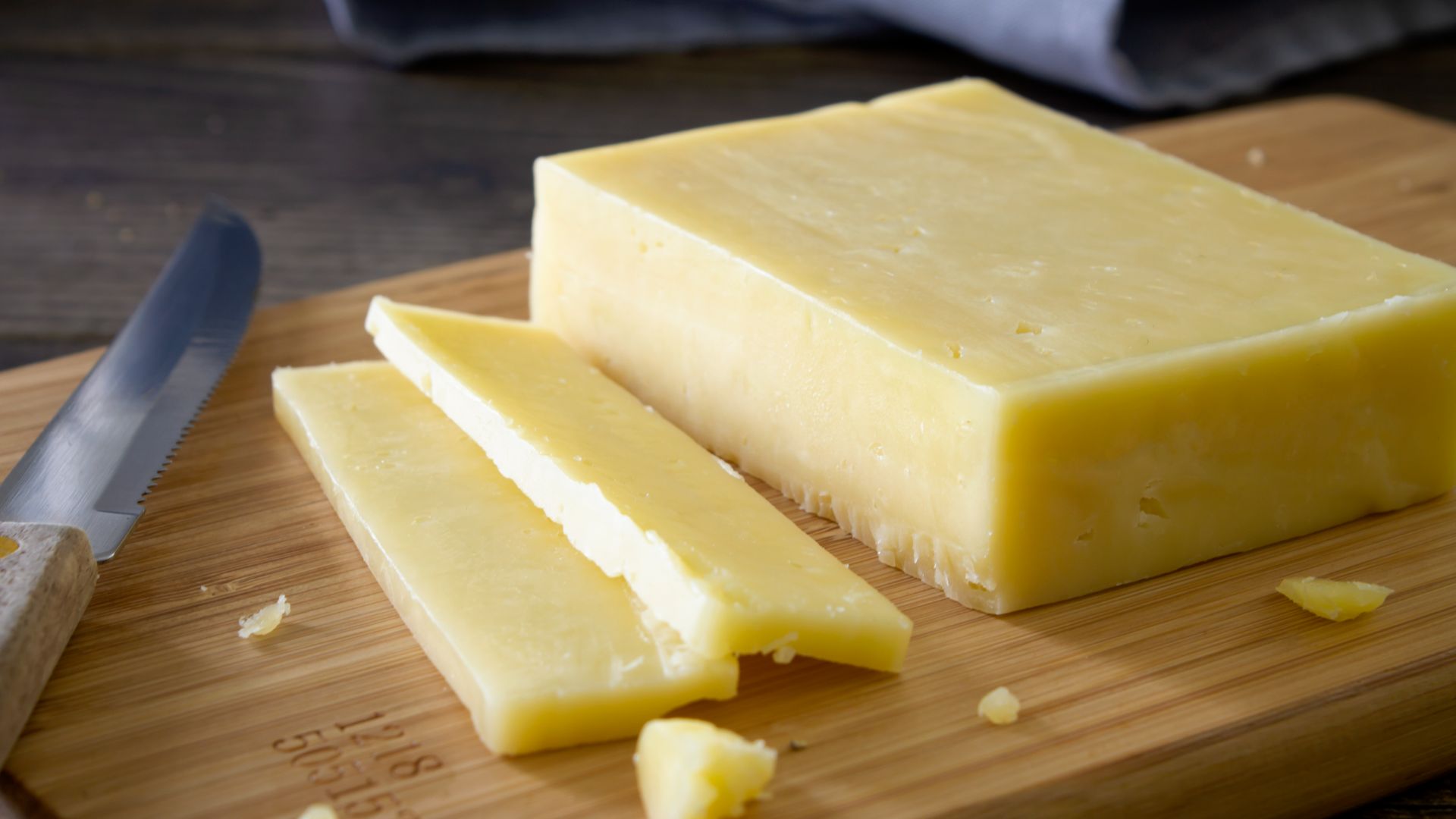
Bunnies just aren’t built to digest dairy products like cheese. While they do benefit from certain levels of calcium for teeth and bone health, cheese is very calcium-rich. Overloading bunnies with calcium can lead to too much in the system, which can cause kidney stones to develop.
More important than this, though, rabbits simply don’t possess the right gut bacteria to digest dairy, so it is never appropriate to offer it.
12. Lentils
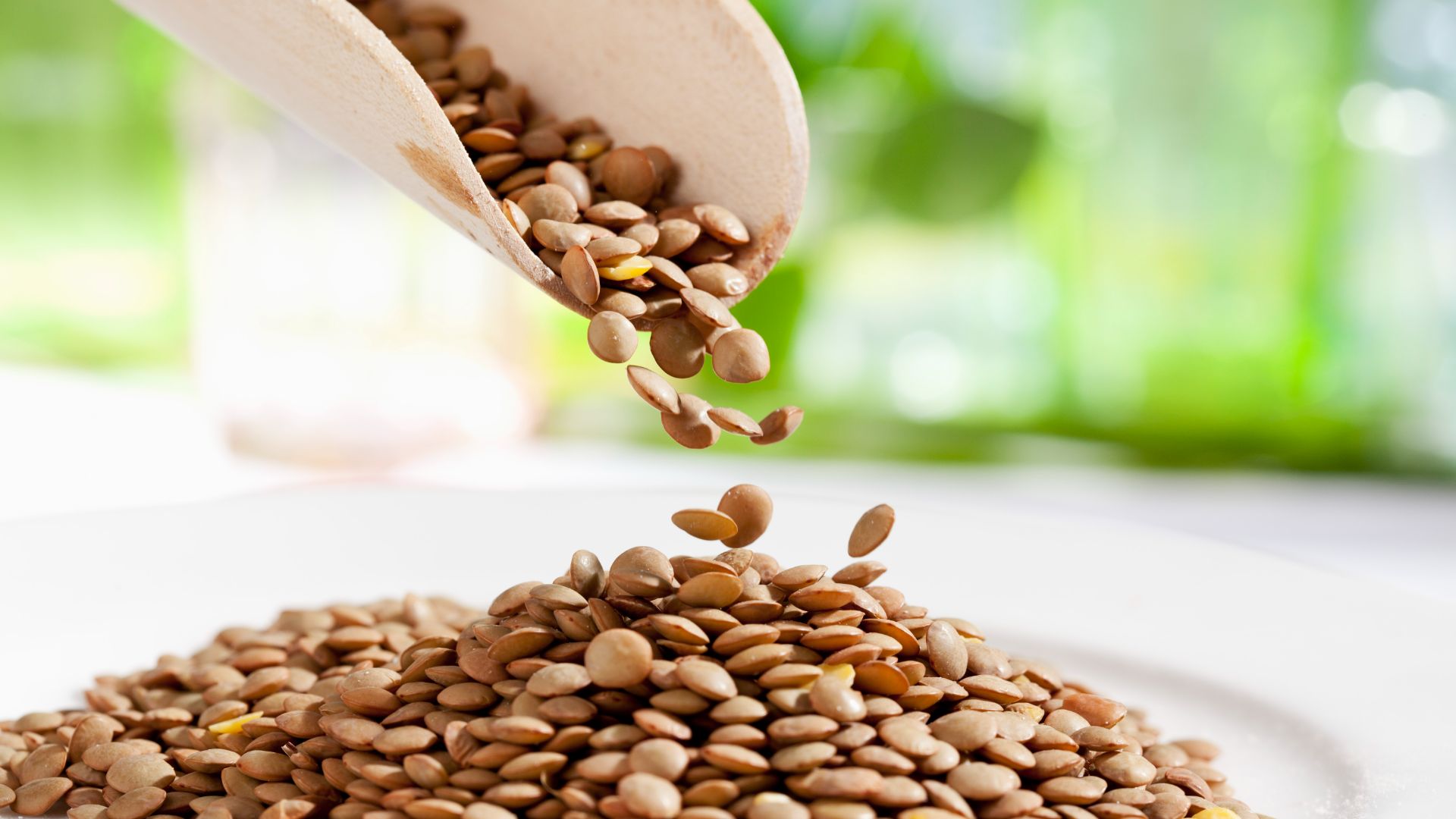
Legumes like lentils are a vegan staple in human diets, but their high starch content means they are not appropriate for your rabbit’s sensitive digestive system.
13. Bread
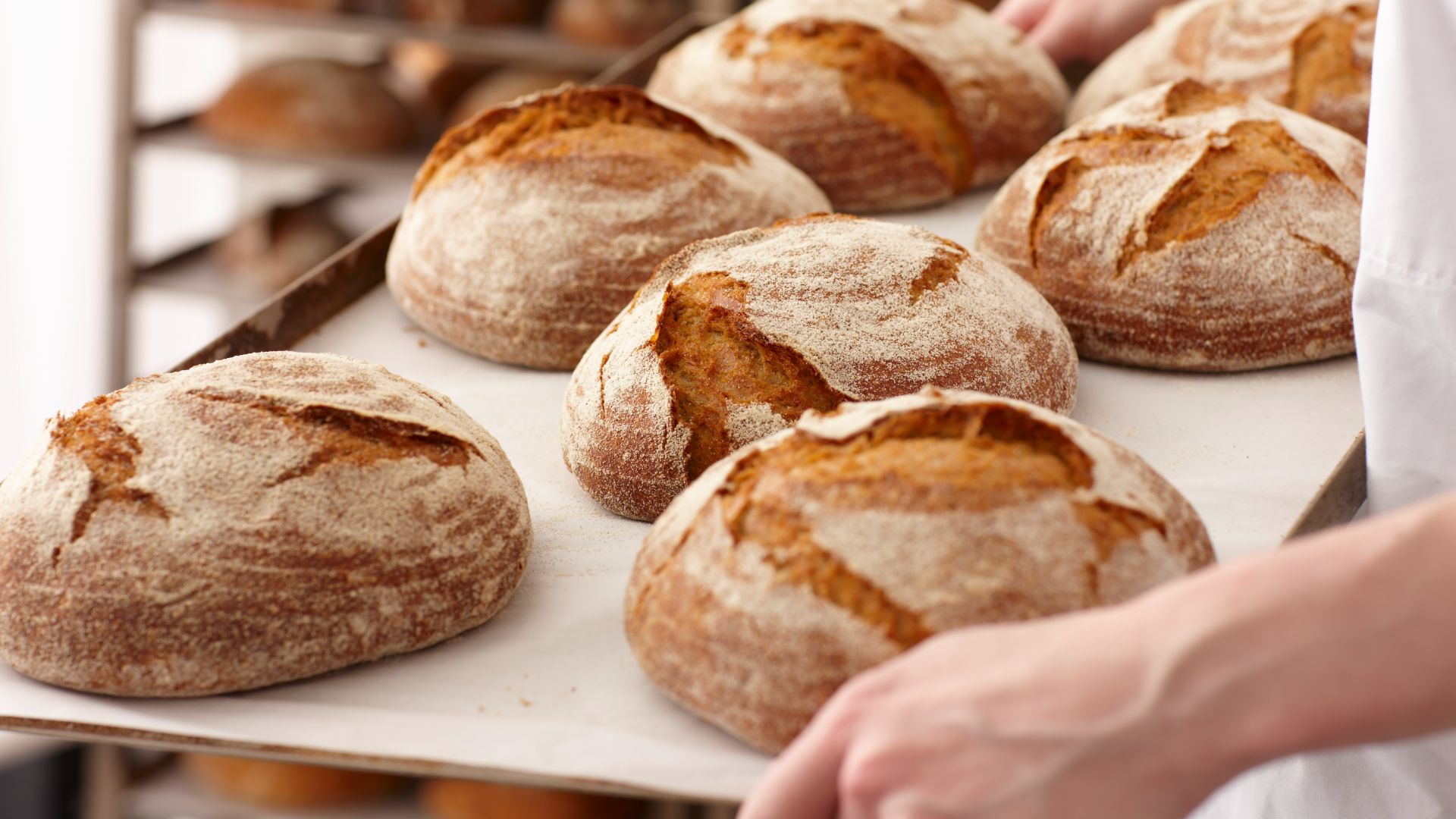
High in carbohydrates, the nutritional composition of bread isn’t of much value to a rabbit and could upset your bunny’s tummy.
It’s best to avoid highly processed foods such as bread due to the levels of sugar, starch, and carbohydrates. As well as potentially leading to soft stools and digestive discomfort, bread is too high in calories for rabbits and can lead to extreme weight gain. Even with one of the best rabbit harnesses, it would take a lot of walking to counter the effects of regular nibbles on bread.
14. Rhubarb
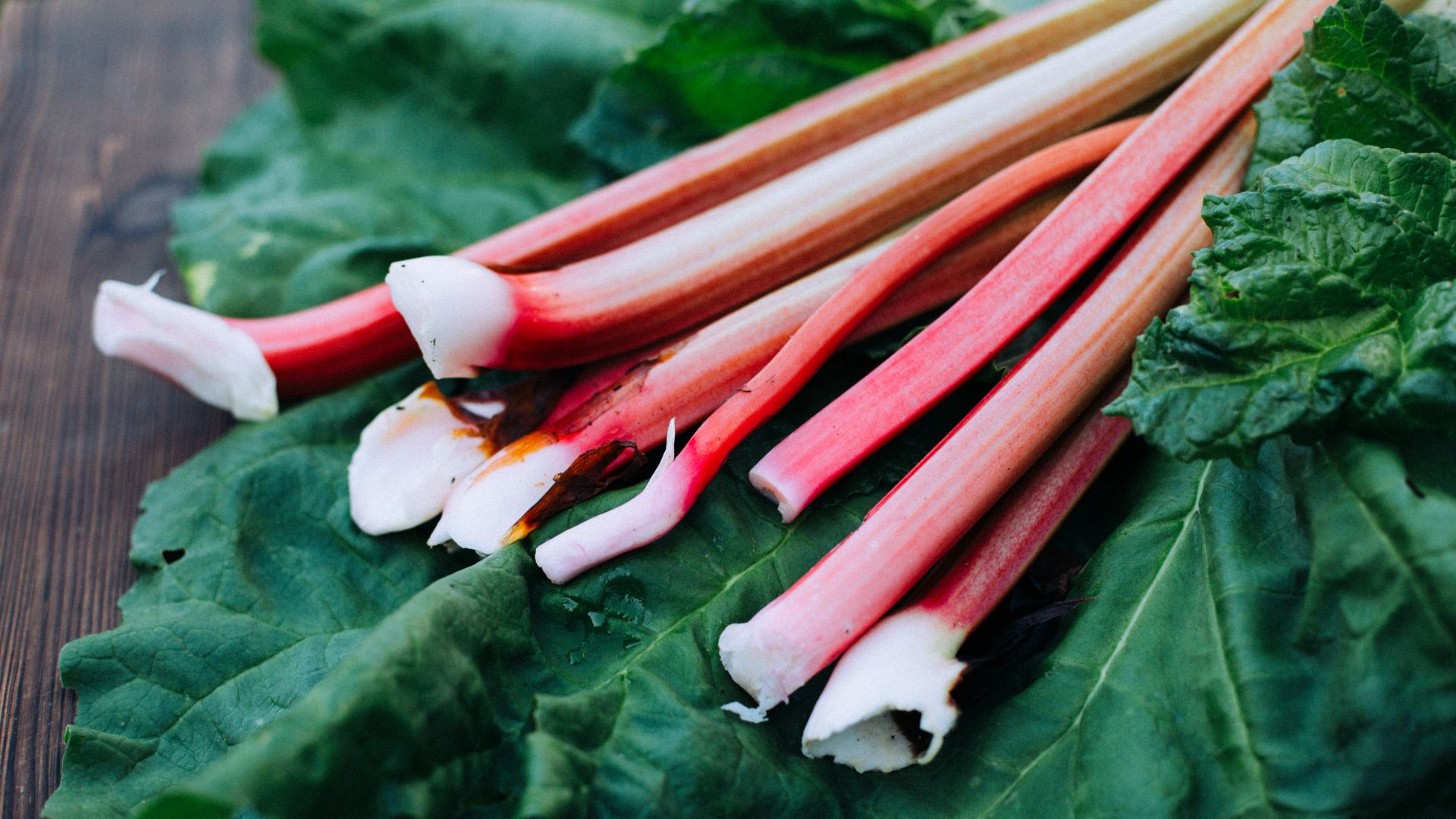
You’d be forgiven for thinking that your bunny would be safe to eat rhubarb – after all, it’s a stalky, leafy vegetable. However, all parts of a rhubarb plant are toxic to rabbits and could lead to poisoning.
The common signs of rhubarb poisoning include sores on the mouth, reduced appetite, dehydration, abdominal pain, and diarrhea.
15. Avocado
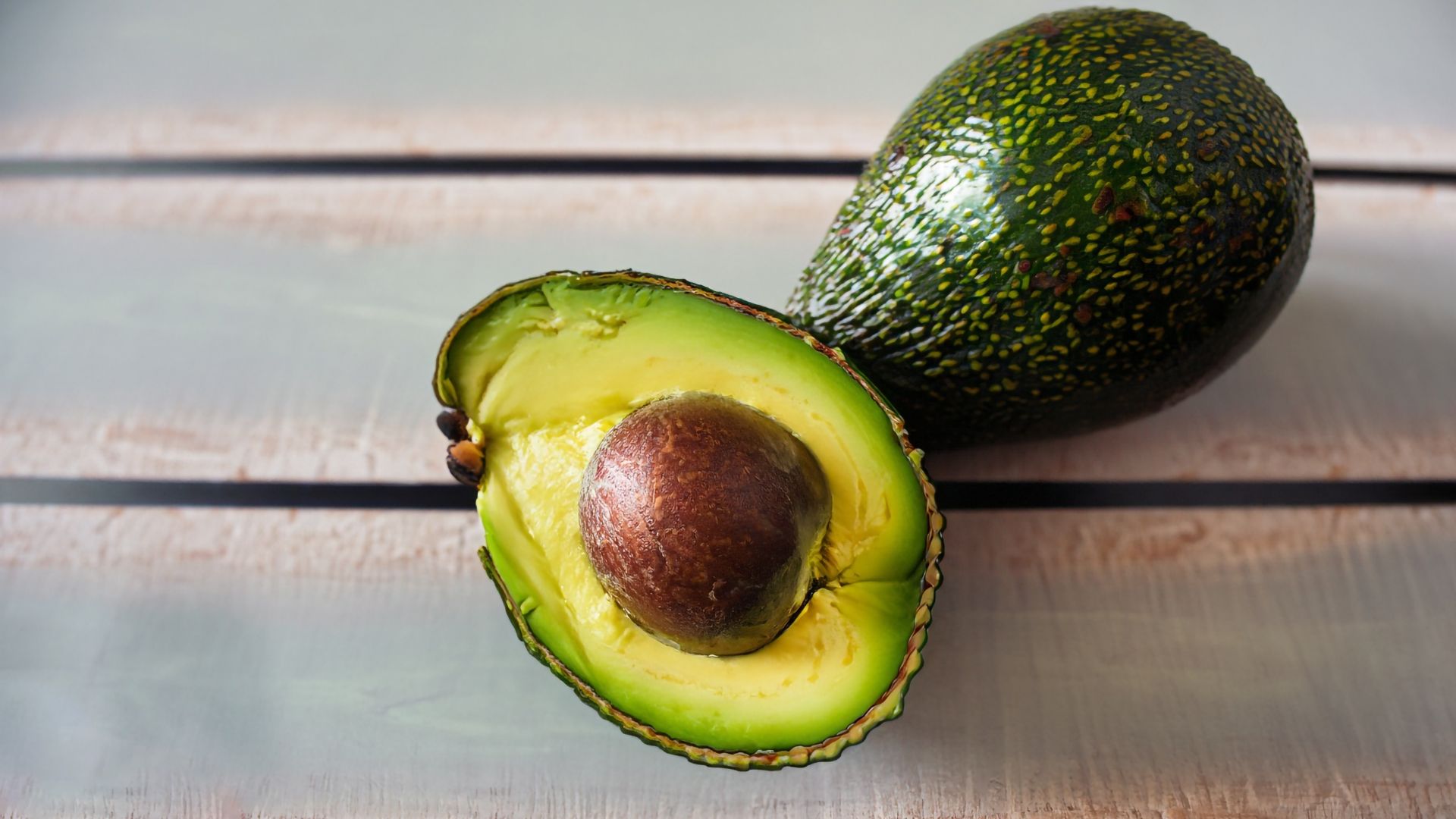
We’ve ruled out the toast but there’s more bad brunch news: your rabbit can’t even have the avocado on top of it!
All parts of an avocado – skin, pit, leaves, and flesh – contain persin, a compound that can be extremely toxic to bunnies. Even if it wasn’t dangerous to eat, avocados are a seed and much too high in calories for a rabbit’s nutritional needs.
16. Ivy
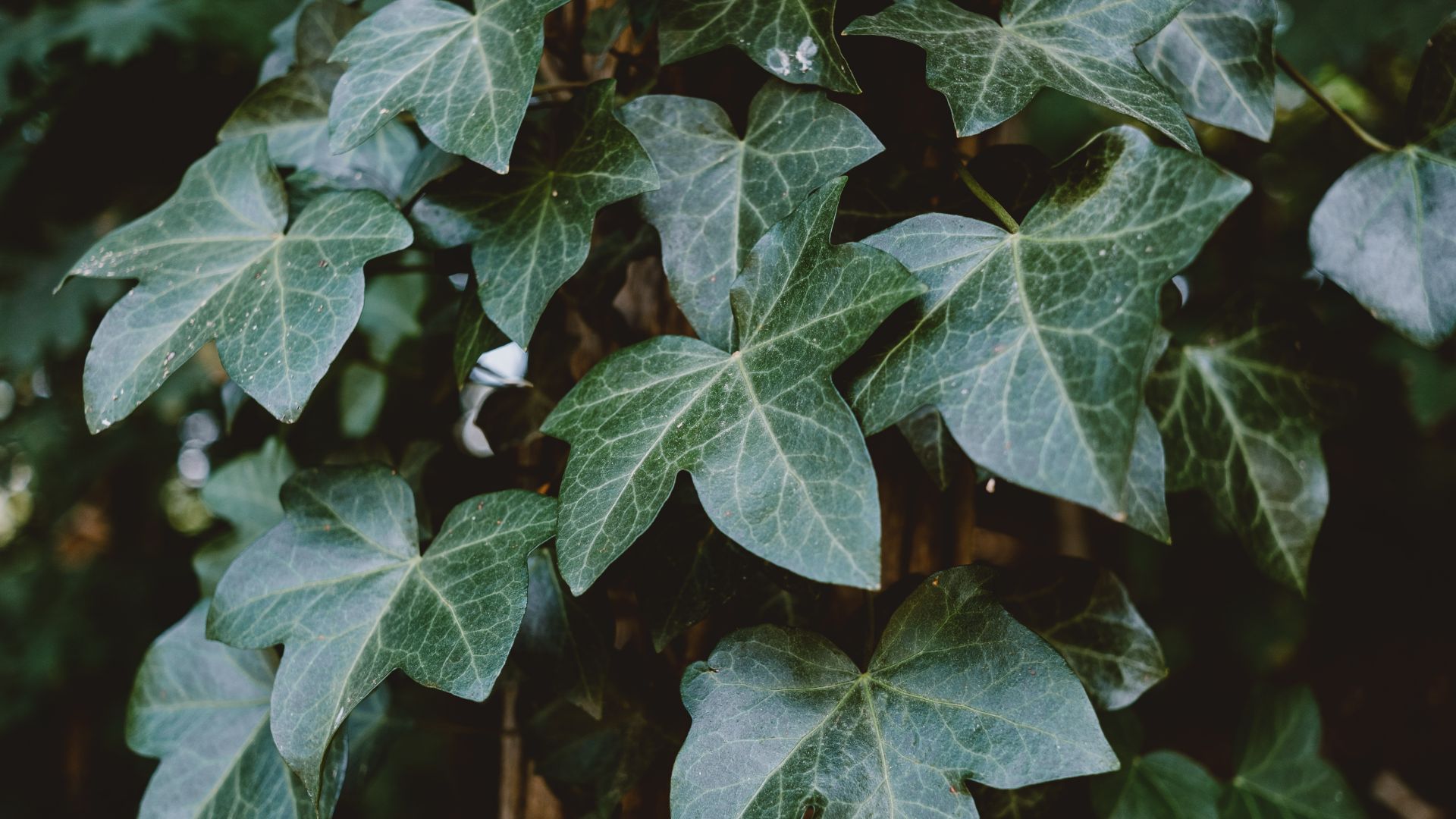
Have you spotted ivy in your backyard? While there are some garden plants that are safe for rabbits, ivy is not among their number. In fact, it is just one of the many plants that are poisonous to rabbits.
All parts of an ivy plant are toxic to rabbits but in particular the leaves and berries. Signs of poisoning can vary from lethargy to twitching and fitting. Suspected poisoning requires immediate veterinary attention, as a high level is often fatal.
17. Garlic
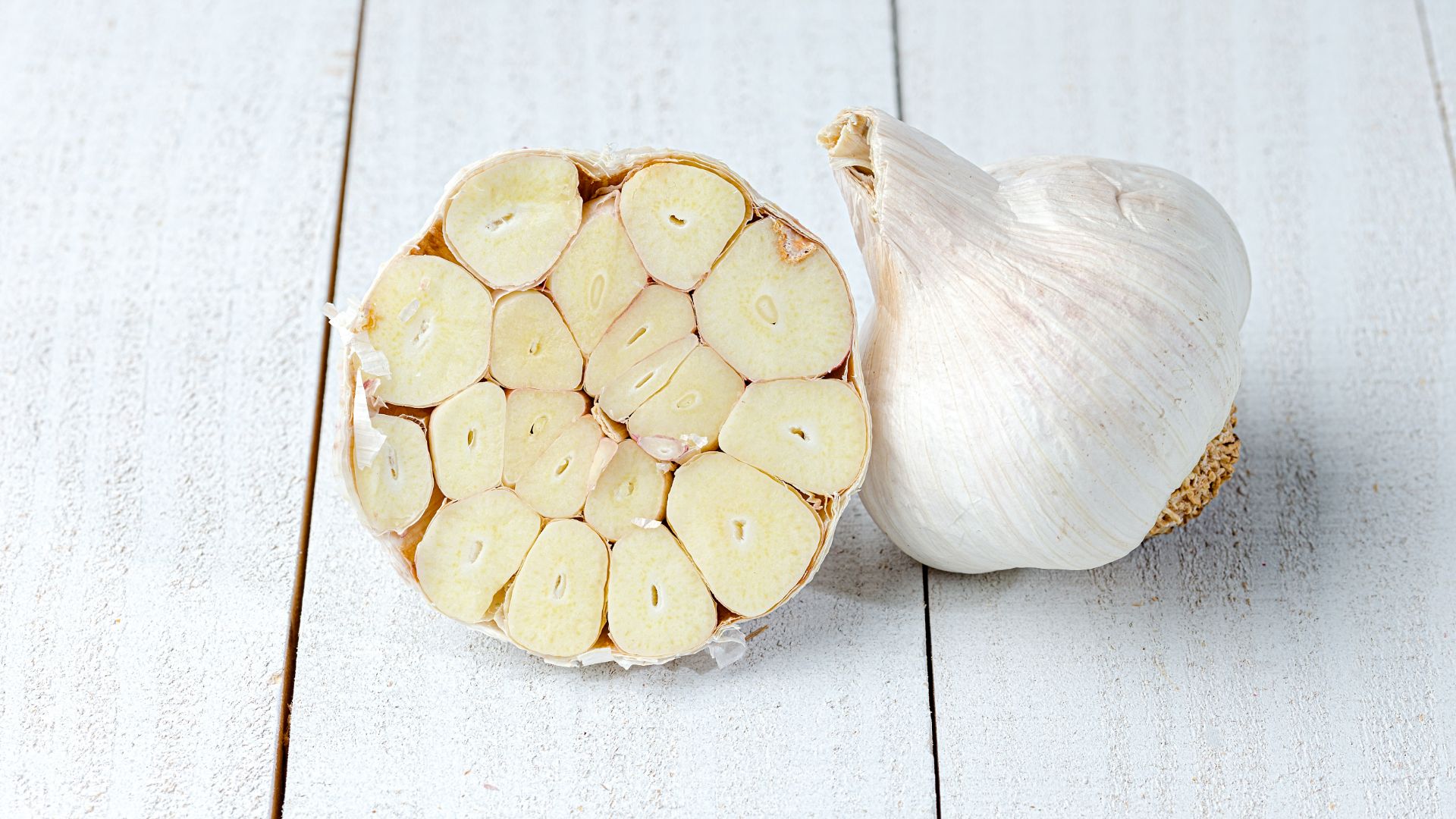
Another member of the allium family, garlic contains compounds toxic to rabbits. However, due to its strong smell, bunnies aren’t likely to want to try it!
18. Chocolate
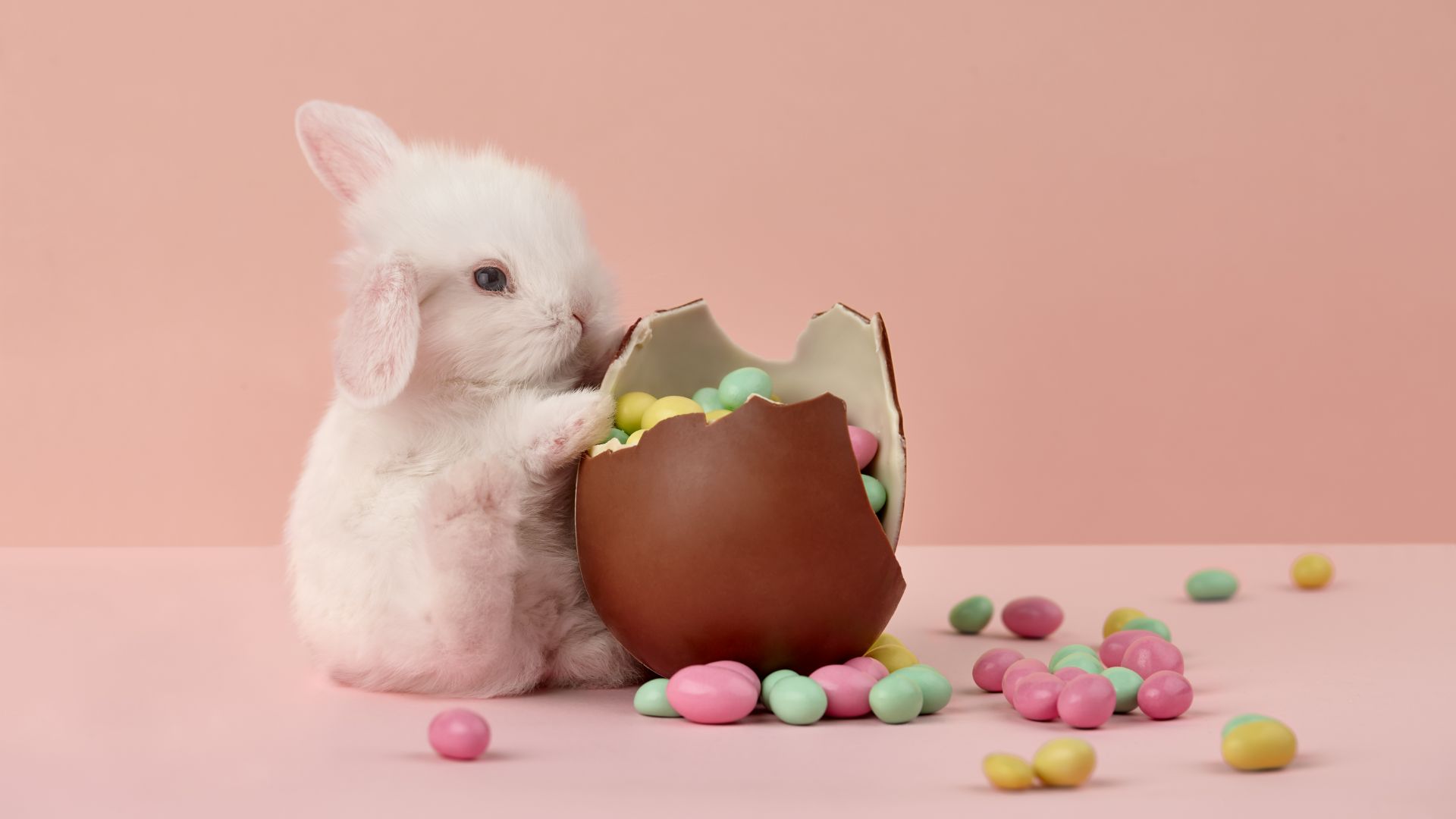
While this tasty treat is the go-to for most people, rabbits can’t safely have it because of its dairy and sugar content. More importantly, though, it can lead to the build-up of theobromine in your bun’s system which can cause multiple organ diseases and even organ failure.
19. Meat
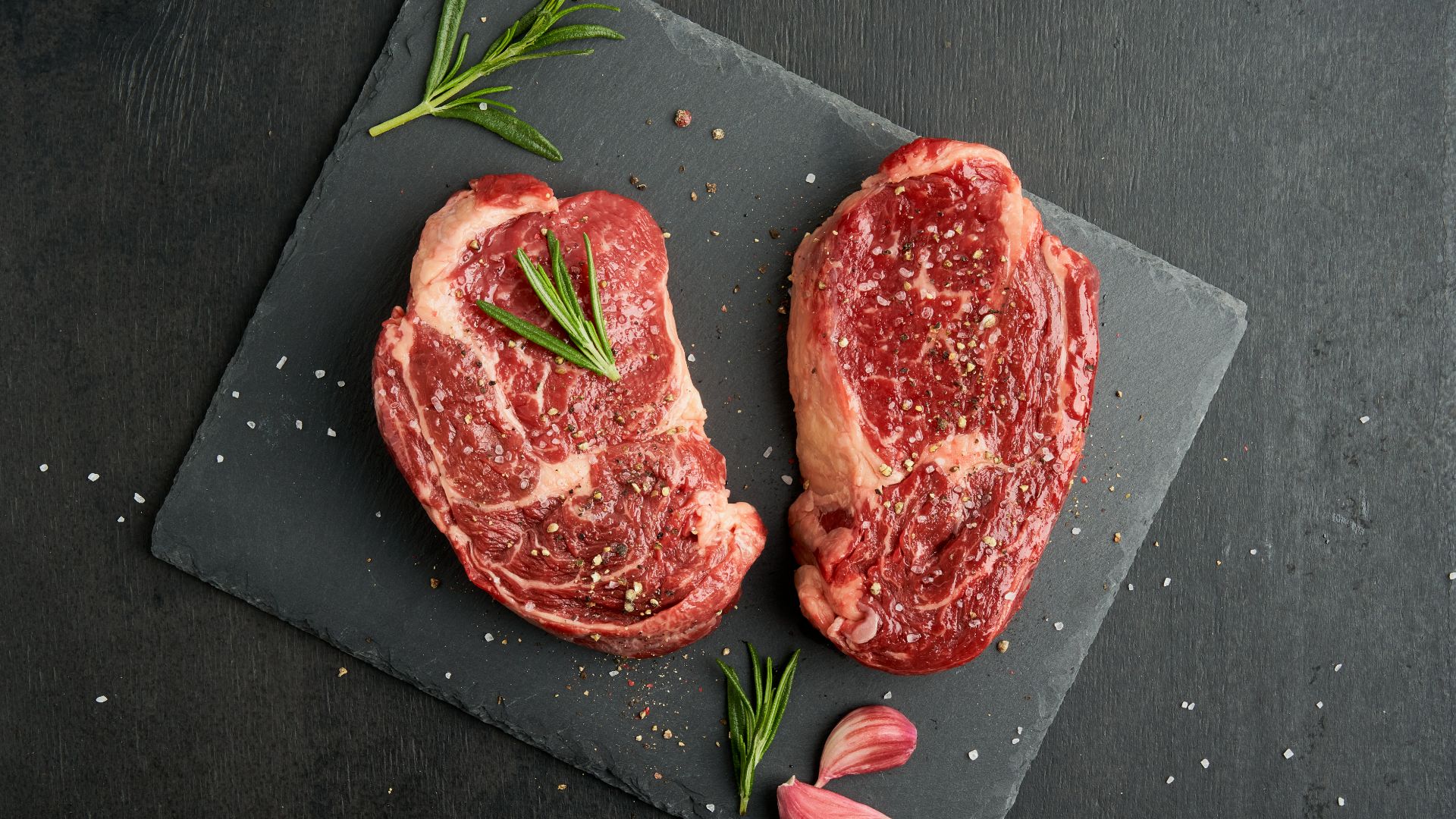
This is an obvious one, but because rabbits are herbivores they are not equipped to digest animal protein, and therefore shouldn’t eat meat.
20. Mushrooms
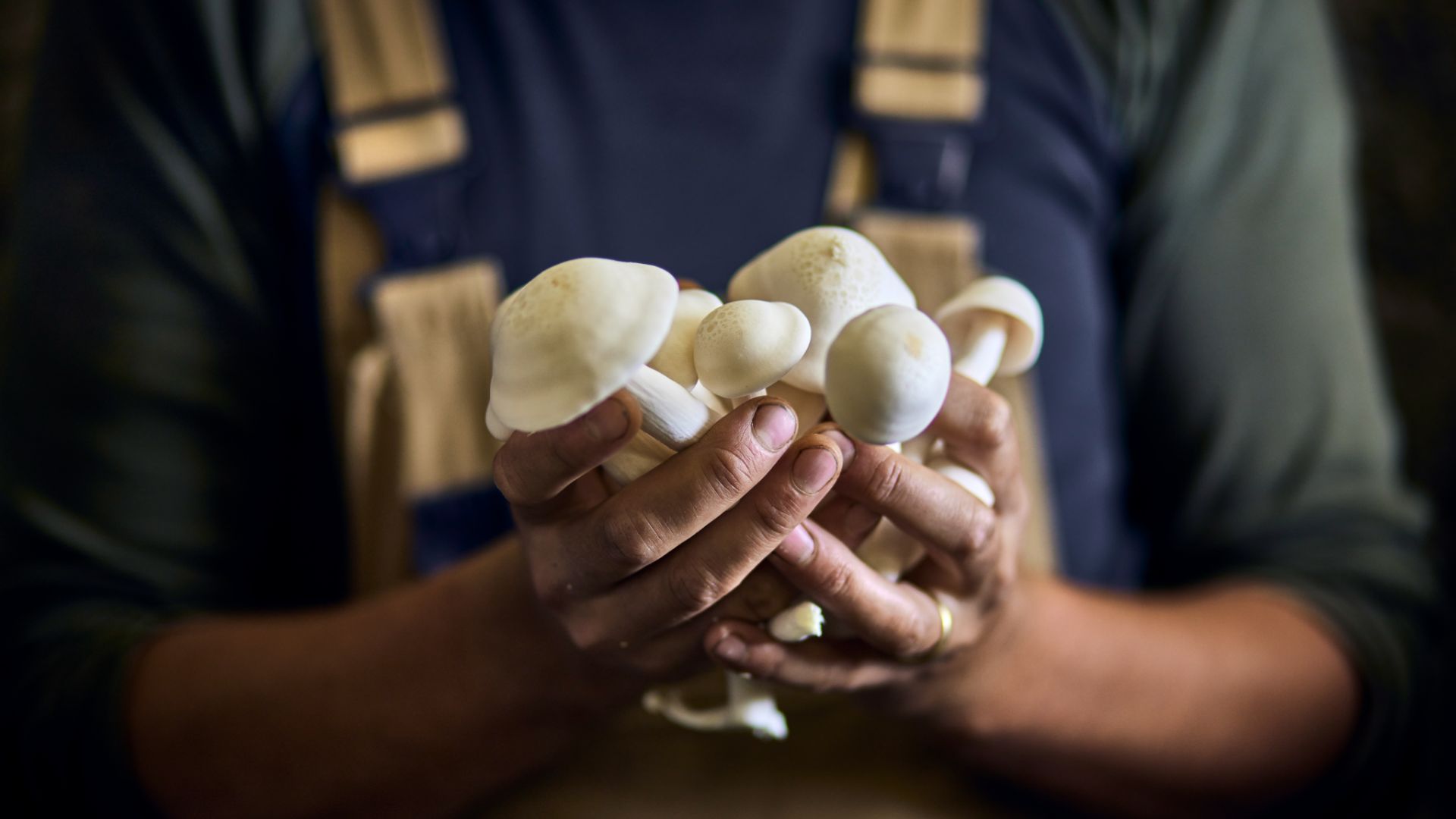
We all know that wild, unfamiliar fungi might be harmful to eat, but even mushrooms picked up at the store or farmer’s market can be hazardous to rabbits, who might be susceptible to the mycotoxins present in them both at the raw and cooked stage.
21. Broad and kidney beans
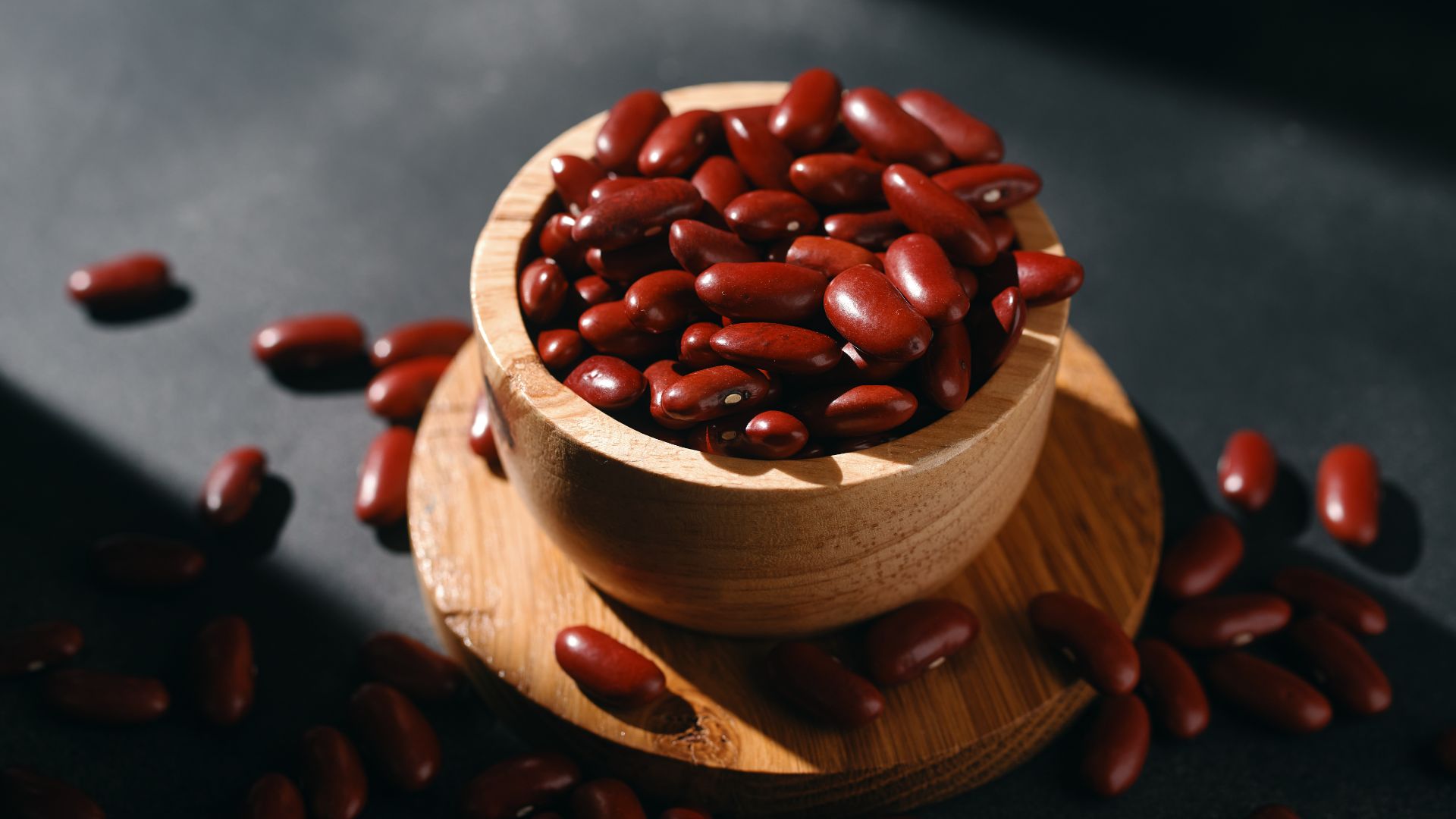
Super-high in carbohydrates, beans can upset your bunny’s tummy and cause him pain, bloating or soft stools.
22. Leeks
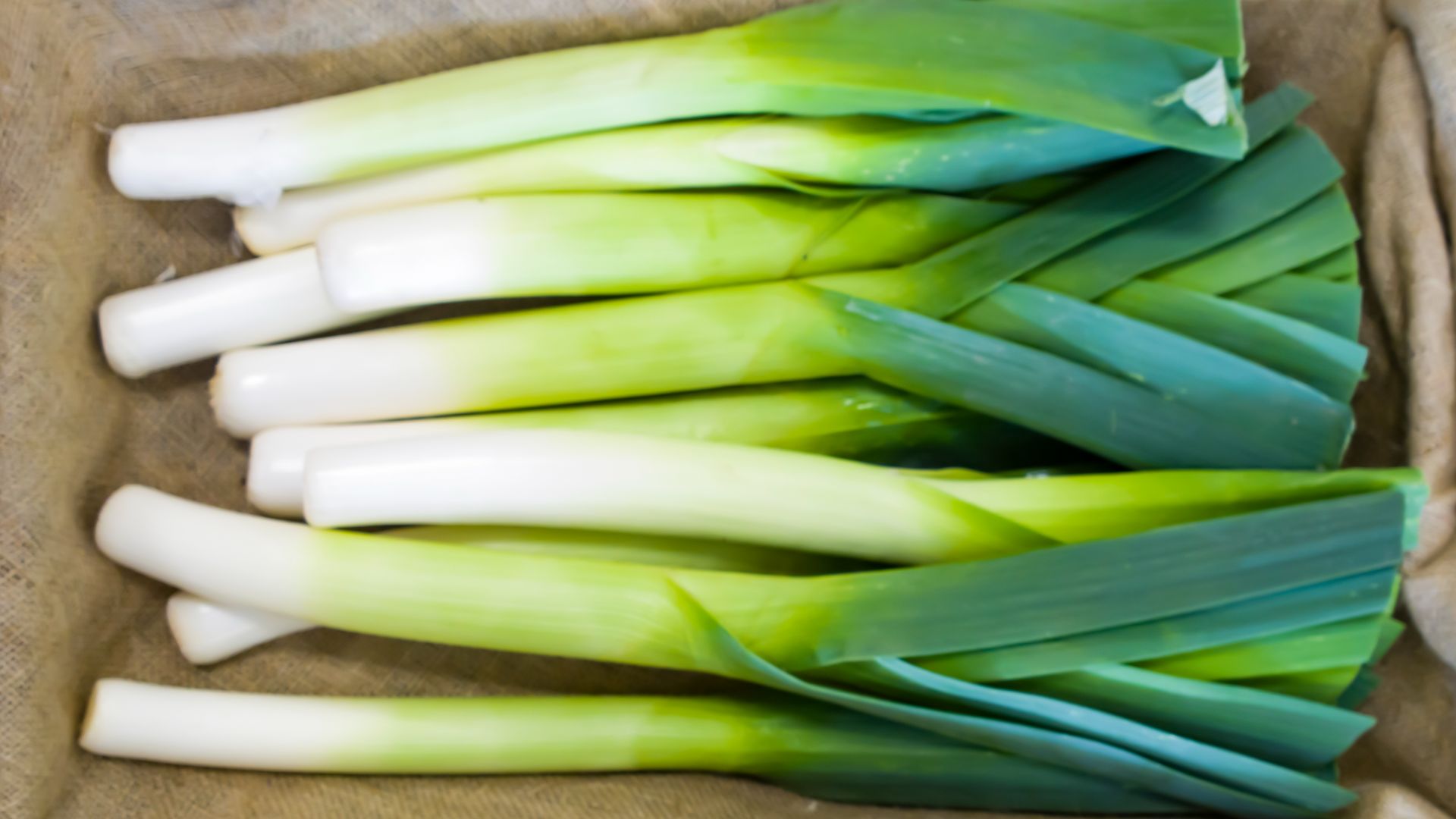
Surprise! It’s another pesky member of the allium family. This means leeks should be off-limits to rabbits, due to the potential to cause hemolytic anemia
23. Pasta
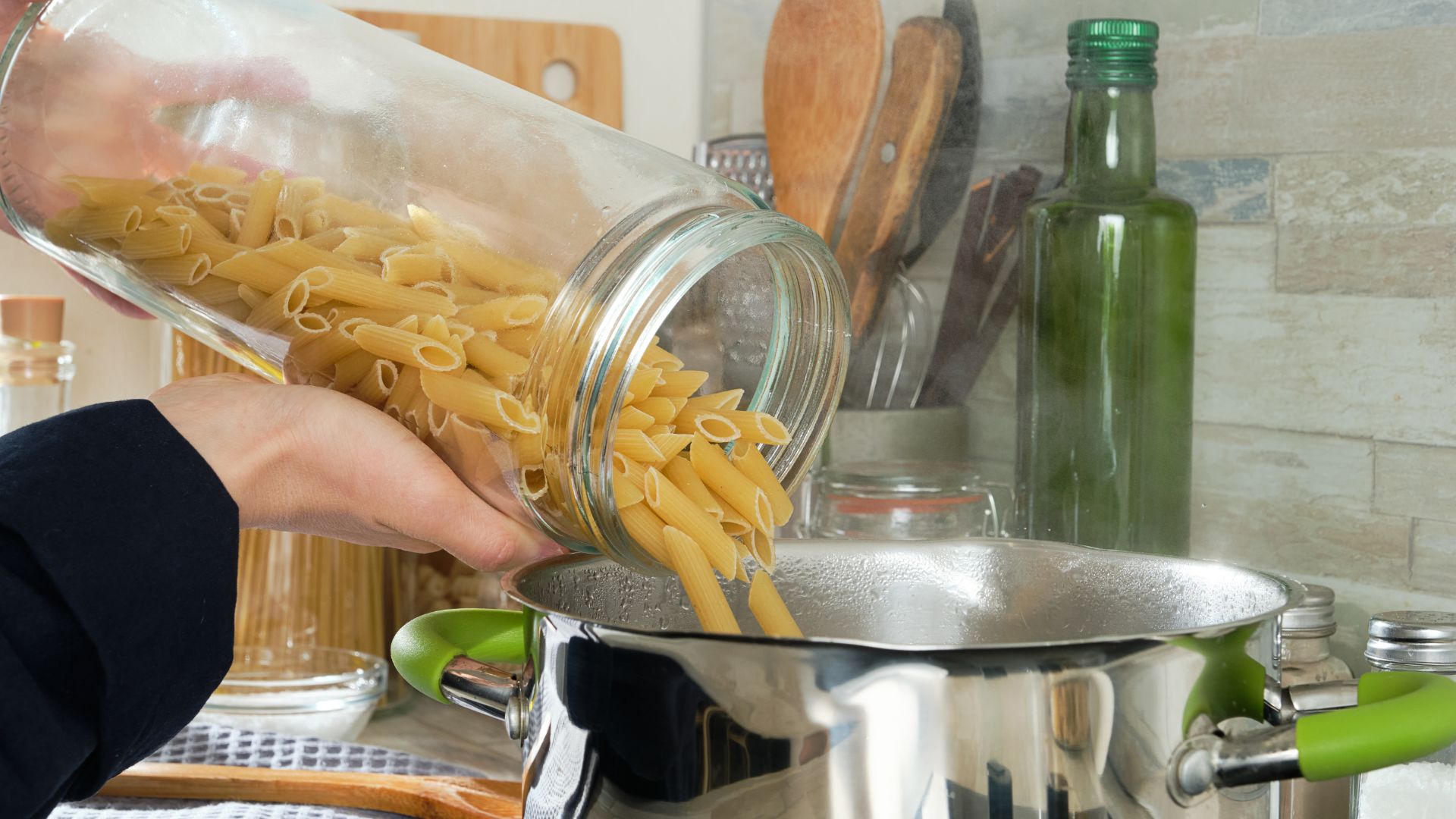
It might be one of life’s greatest pleasures, but your rabbit won’t appreciate dry or fresh pasta as a snack in the long run.
Processed foods like pasta contain more sugar and carbohydrates than your rabbit’s delicate gut can deal with. While eating one stray noodle by accident wouldn’t be the end of the world, pasta should never form a part of a bunny’s diet.
24. Breakfast cereal
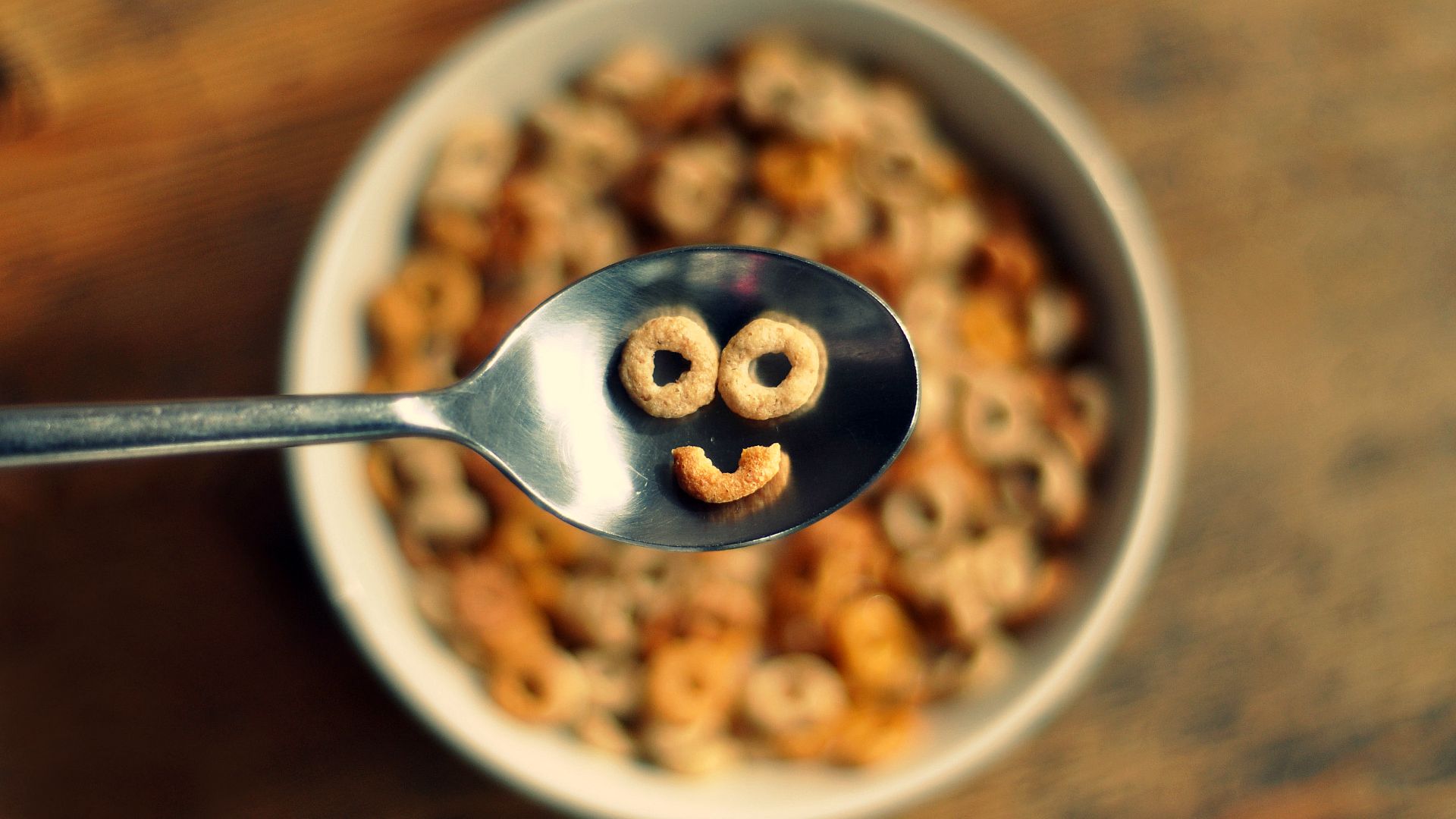
It might seem like breakfast cereal is healthy and nutritionally balanced, especially if it says it’s low in sugar on the box, but it’s important to note that breakfast cereals are formulated with a human’s nutritional needs in mind – and even then they aren’t always the best things for us to overindulge in!
It’s the same old story with breakfast cereal – it’s too high in starch, sugar, and carbohydrates for a rabbit to safely consume.
25. Hamster food
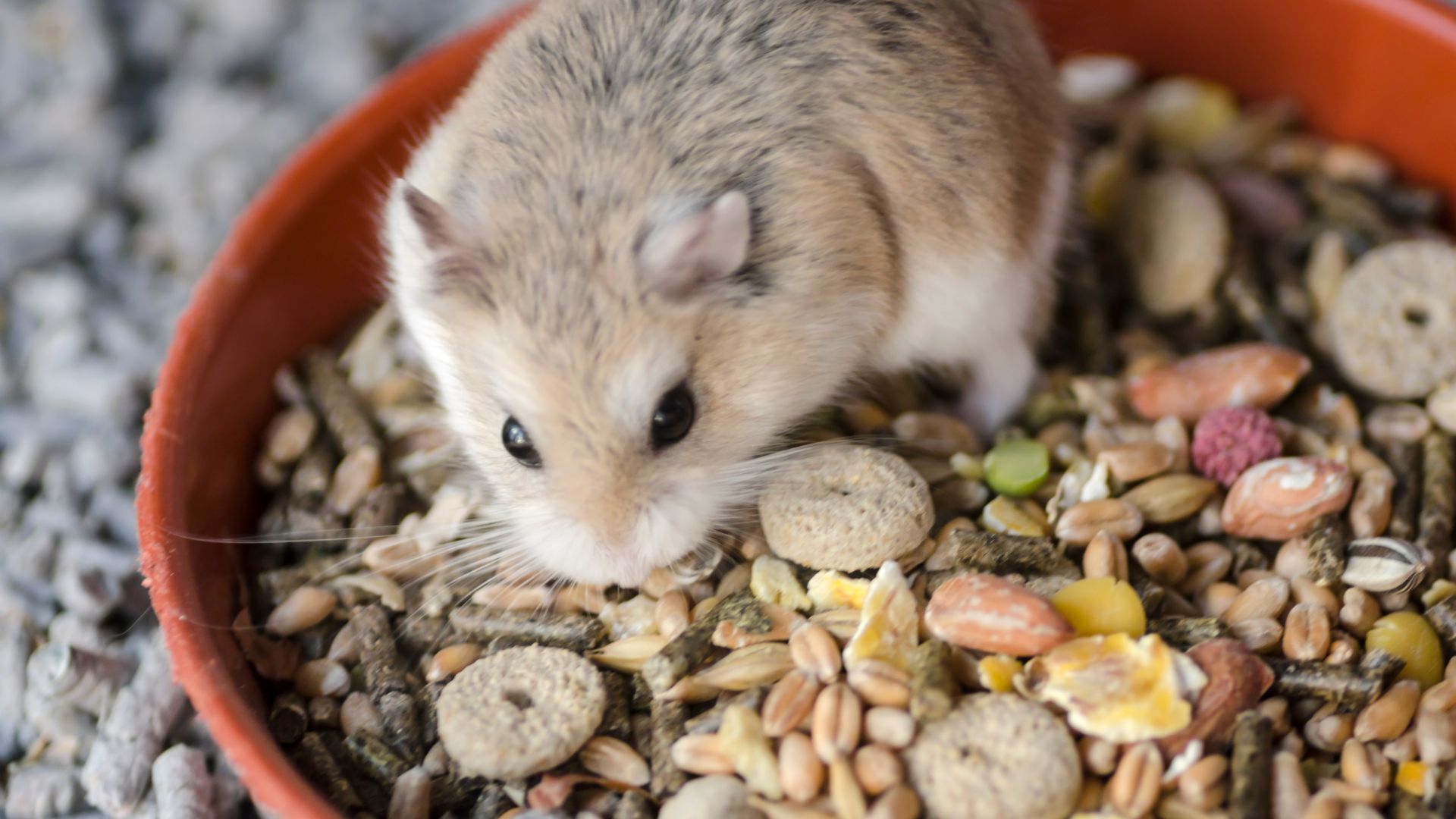
Both are cute, both cuddly, both have an adorable set of chompers and a little tail. Seems as though they are alike, but why can’t a rabbit eat hamster food?
The short answer is that while rabbits are herbivores, and can only eat plant materials, hamsters are omnivorous, meaning they can consume plant and animal matter. If we consider the full picture, this means that hamsters have a completely different set of nutritional requirements to rabbits, and feeding your bunny hamster food would likely give them a menu that they aren’t built to deal with, especially as a rabbit’s daily intake of fiber is drastically higher than that of a hamster. As we know, fiber is super-important to a rabbit’s healthy digestion, so it’s easy to see why hamster food isn’t appropriate.
26. Corn (and husks)
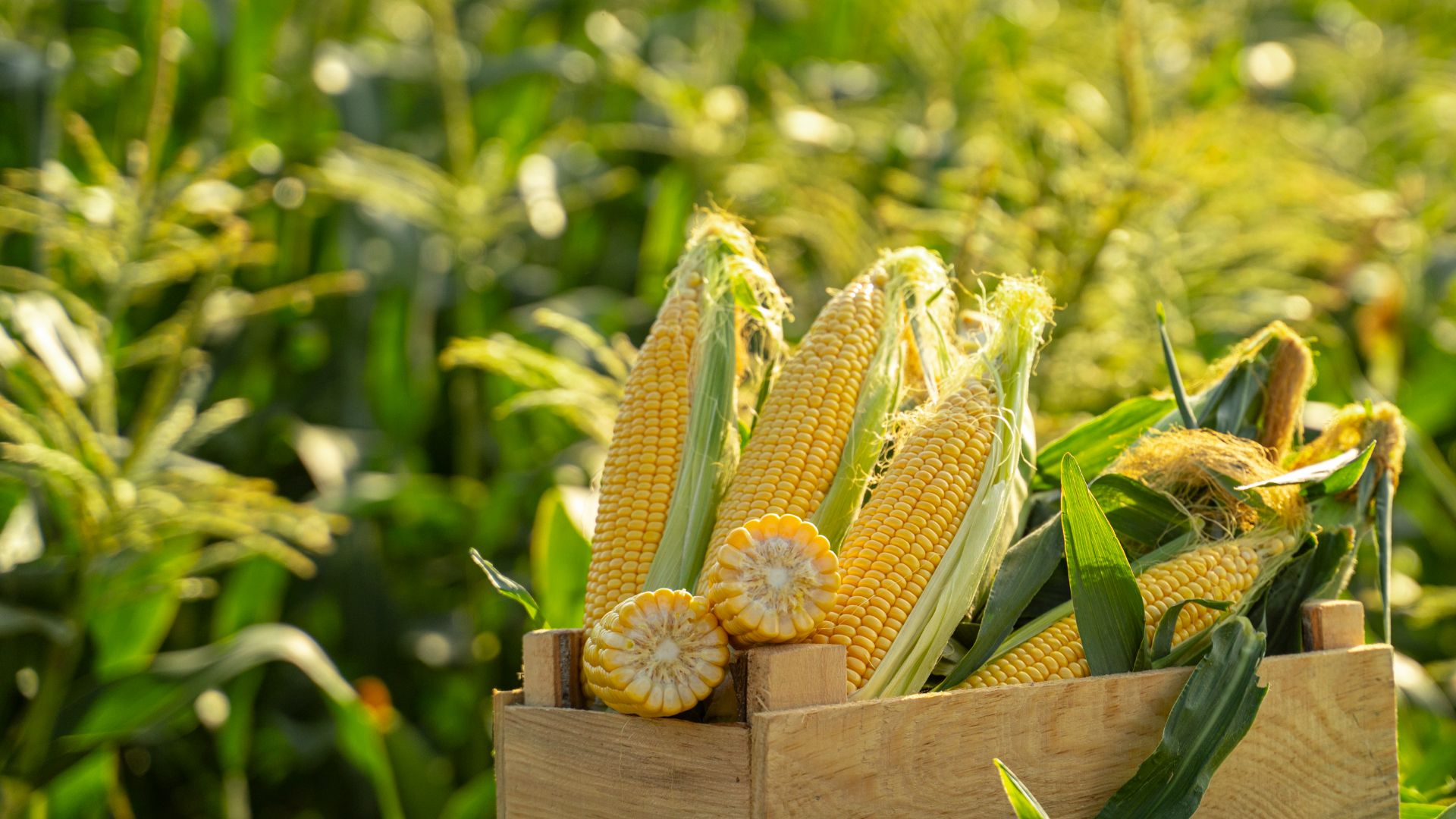
Corn and their husks are off-limits to rabbits. The former because it is too starchy and sugary and the latter because it is hard to break down, and could block your rabbit’s digestive tract.
27. Dates
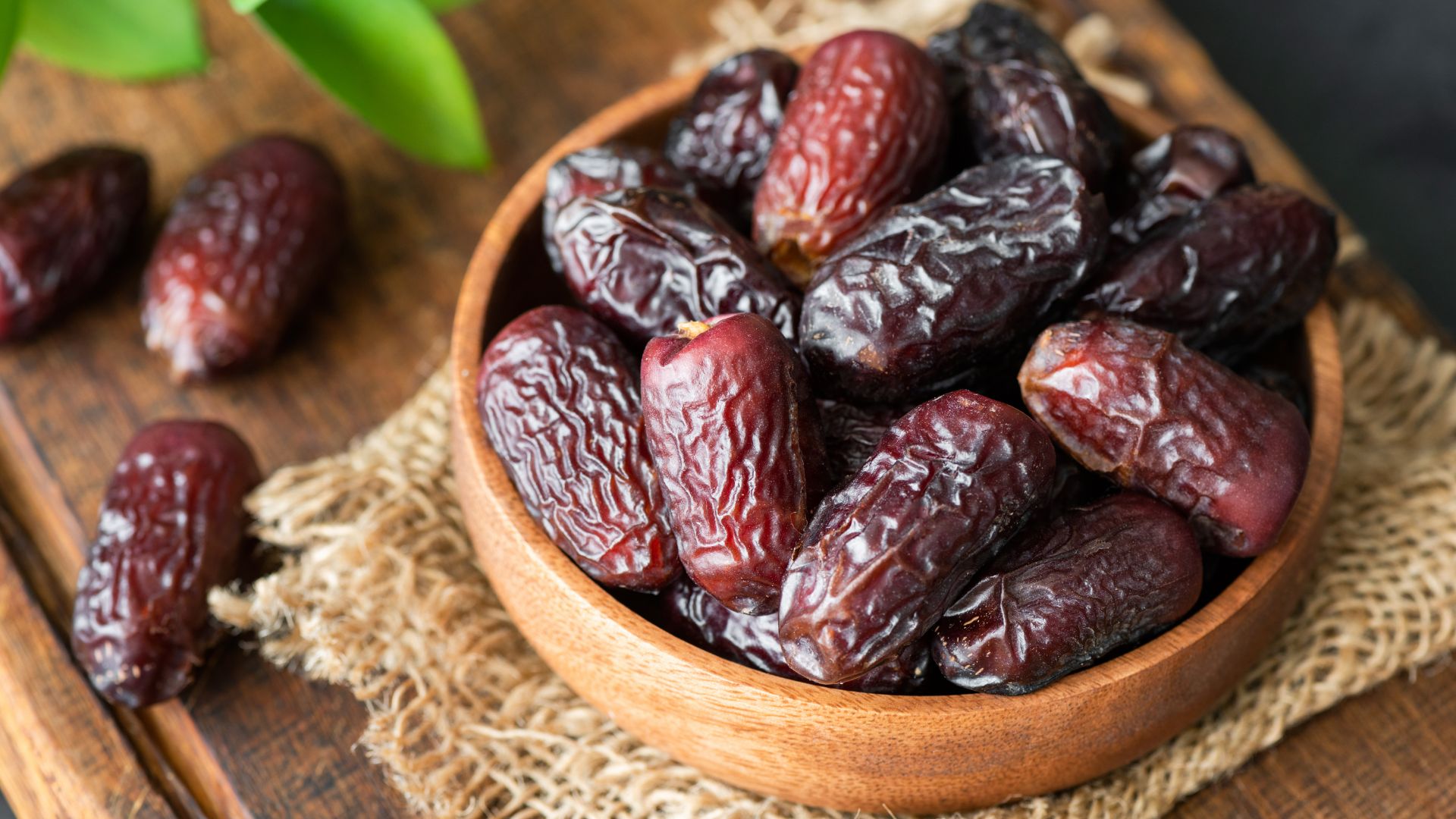
Why do we love dates? Because they are naturally sticky and sweet. That alone should tell us why they could upset a rabbit’s stomach – they’re much too high in sugar and carbohydrates for safe consumption.
28. Buttercup
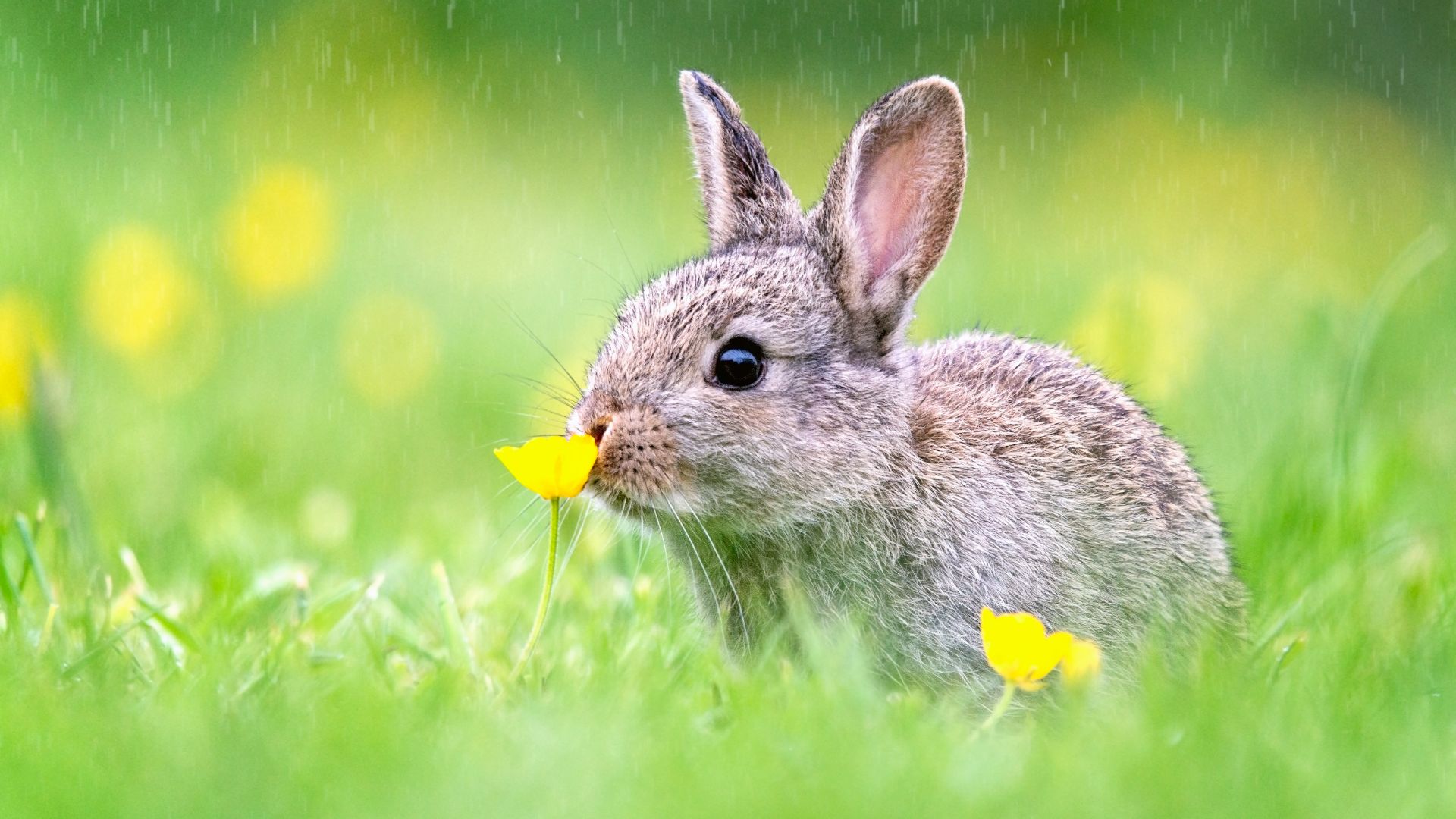
These sweet yellow flowers look harmless enough, but they contain a compound that can irritate human skin. This same irritant can cause mouth ulcers and gastrointestinal upset in animals who overindulge in them.
29. Yogurt
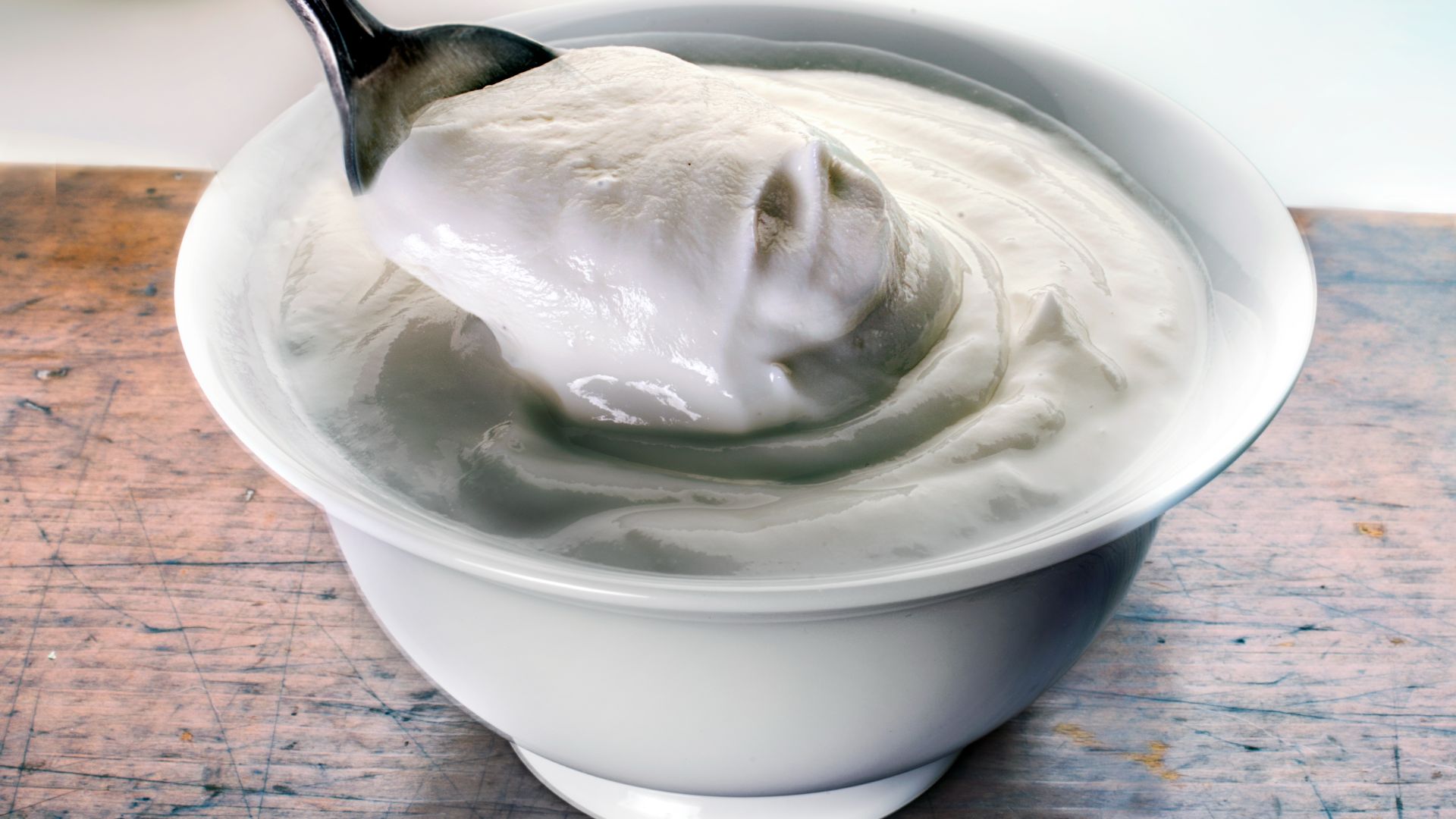
Just like with cheese, rabbits don’t possess a digestive system capable of processing dairy. Yogurt has added sugar, too, which can lead to obesity and tooth decay.
Next time you’re in the pet store looking to pick up a tasty treat for your bunny, you might spot yogurt drops marketed for rabbits – but these are not recommended, despite what the packaging states. If you want a healthy treat for your rabbit, you could consult our list of surprising things rabbits can eat.
30. Peas
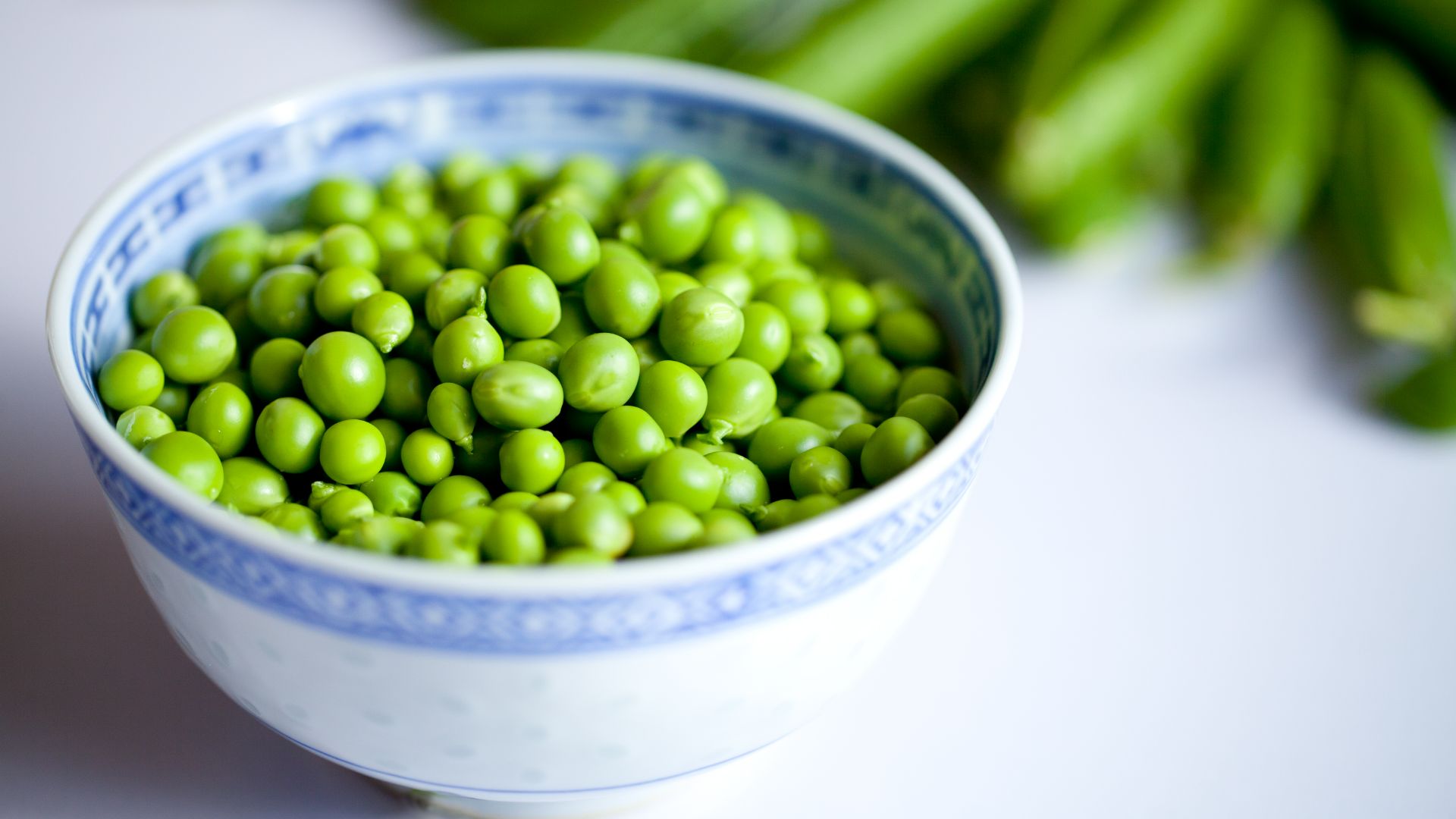
Peas are another food high in sugar and carbohydrates, and as such are best avoided.
31. Most seeds
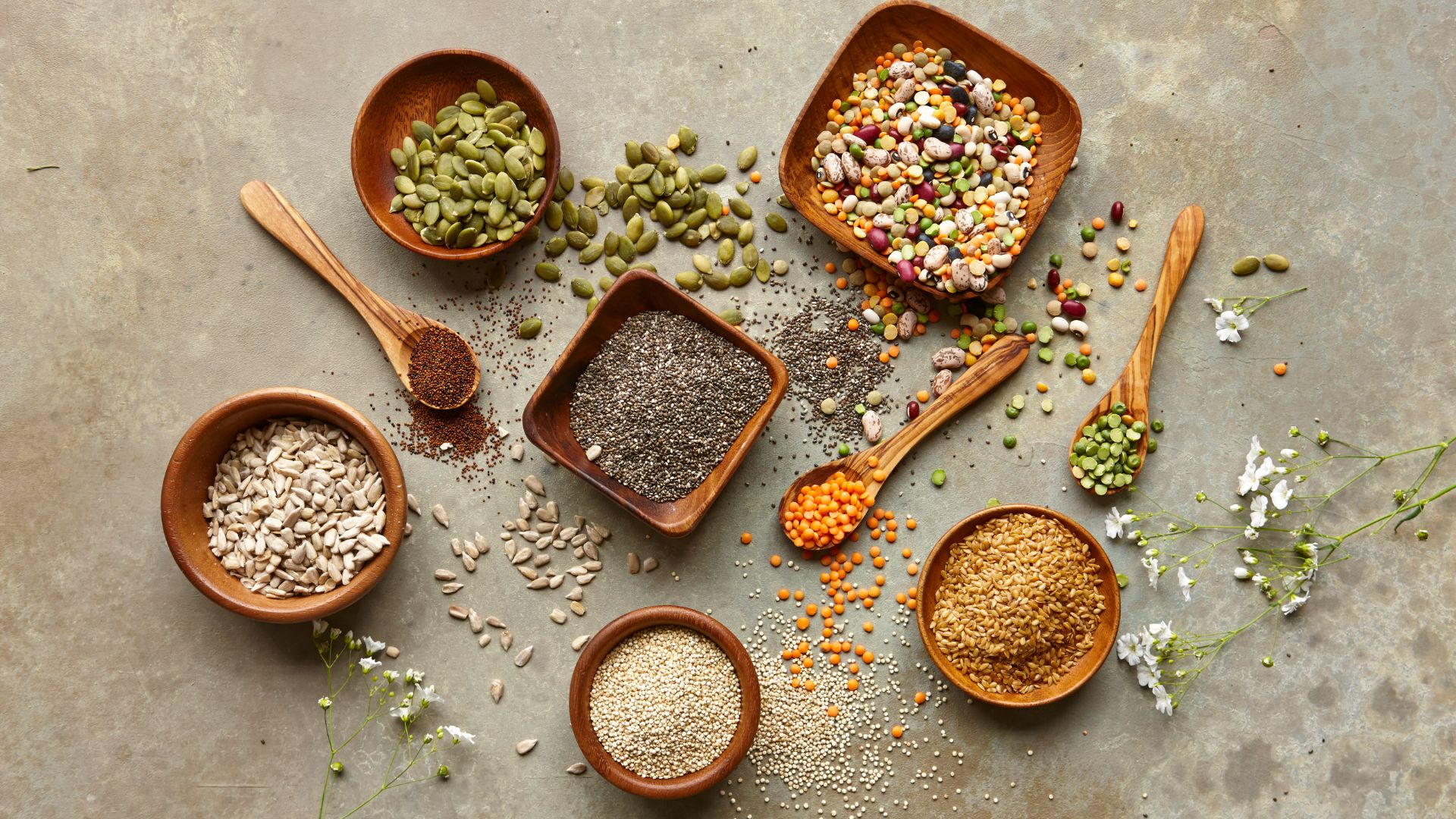
The majority of seeds are not poisonous to rabbits, but they are high-calorie and therefore are not suitable for rabbits in large quantities.
32. Muesli mixes
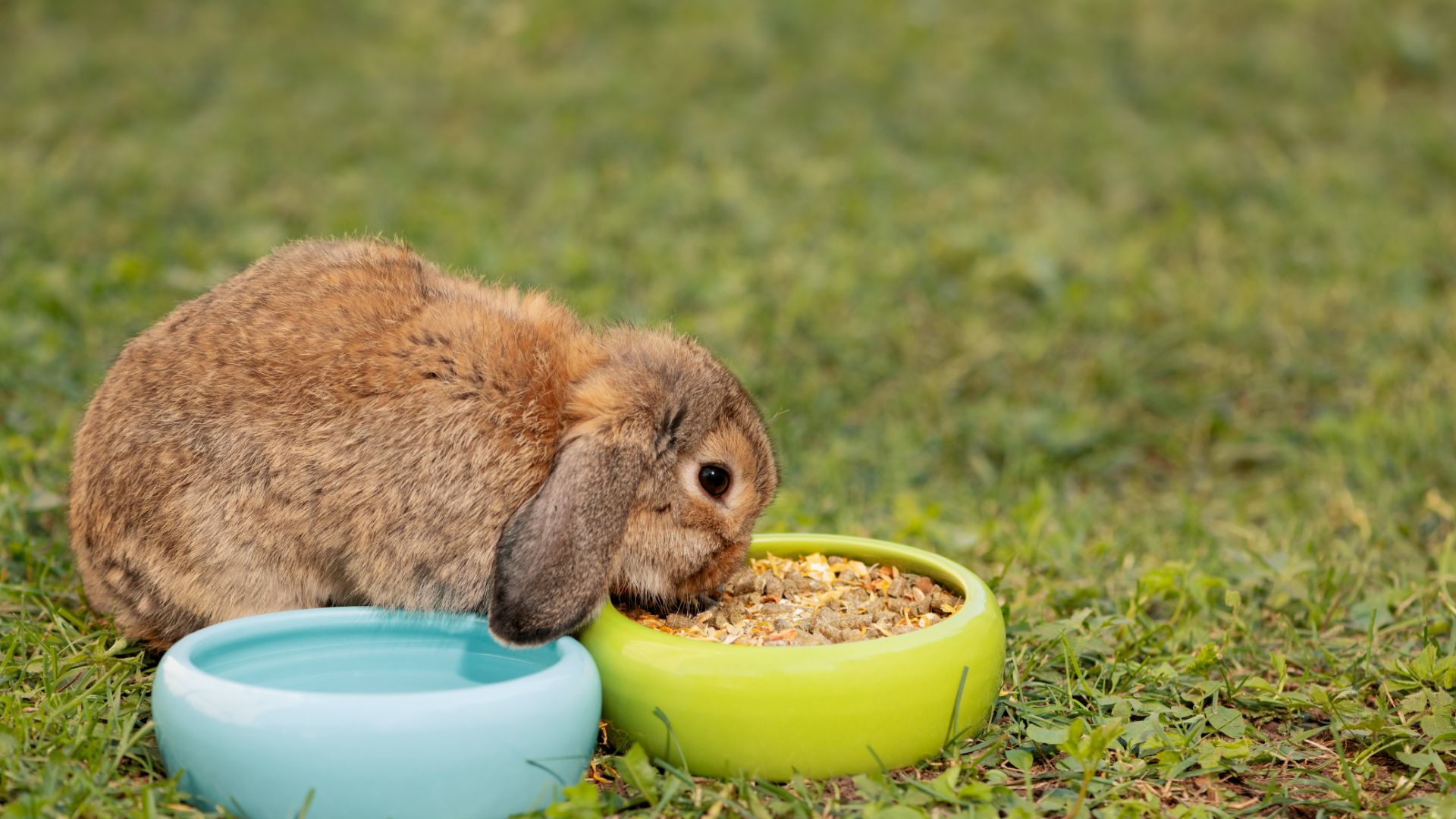
There’s a wide variety of rabbit feed out there but the two most popular options are pelleted feed and muesli mixes. Now, pellets might look like a dull option. However, when it comes to the feed in your rabbit’s bowl, boring can be better.
All good quality and best food for rabbits should be nutritionally balanced, which means you can be assured that your rabbit has consumed the correct diet when you feed according to the packet instructions. The problem arises, though, when your rabbit decides certain items in his muesli mix are his favorite. You’ll then find that he likes to pick out his favorite bits and leave the less exciting ones, meaning he isn’t getting the full spectrum of nutrients from his bowl.
Although nuggets take away your bunny’s freedom to be picky, they’ll be more likely to clear their bowl and get the balanced diet they need. Besides, you can pique their interest with leafy greens and other fruit and veg fed alongside their feed and hay.

.jpg?w=600)





